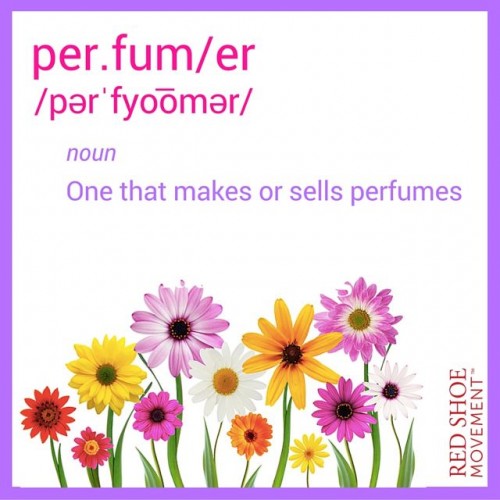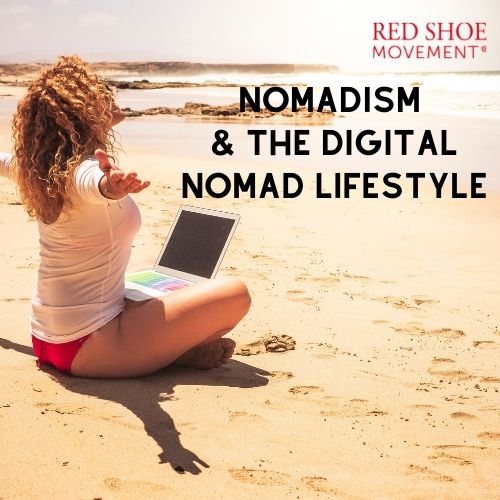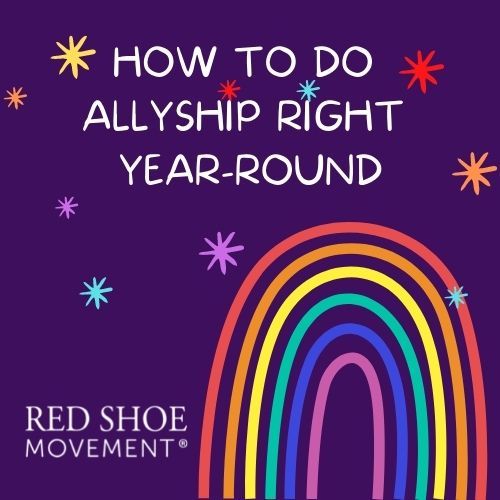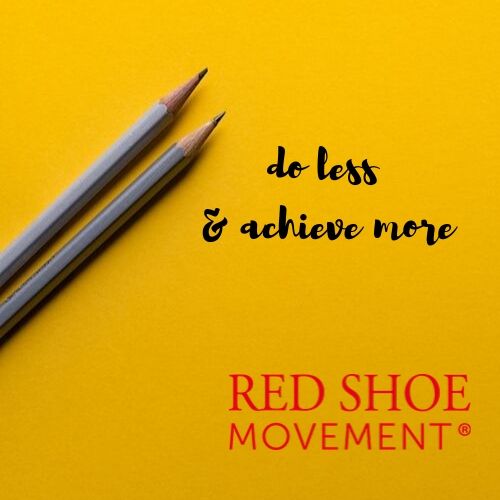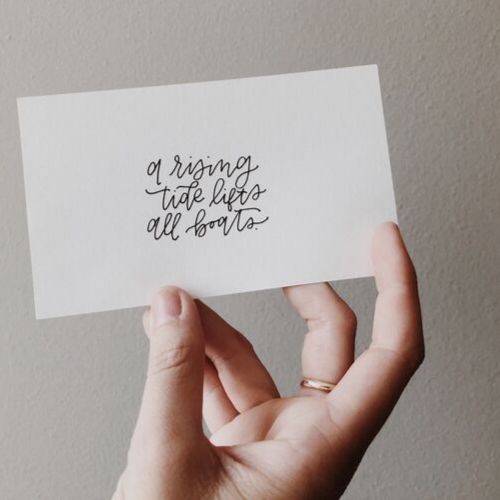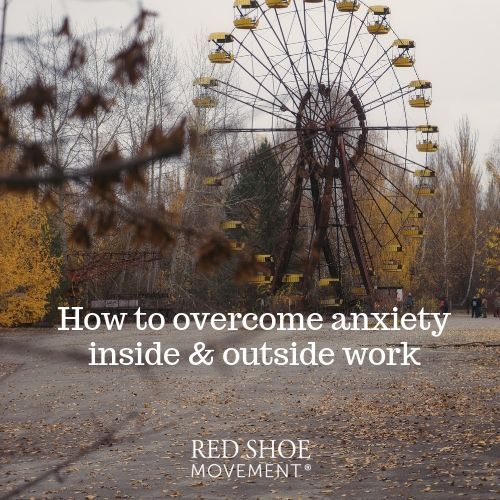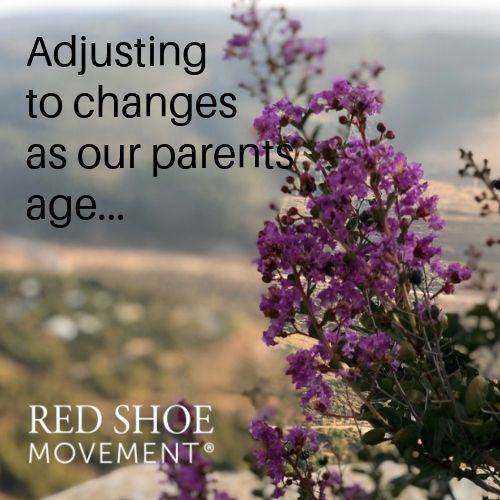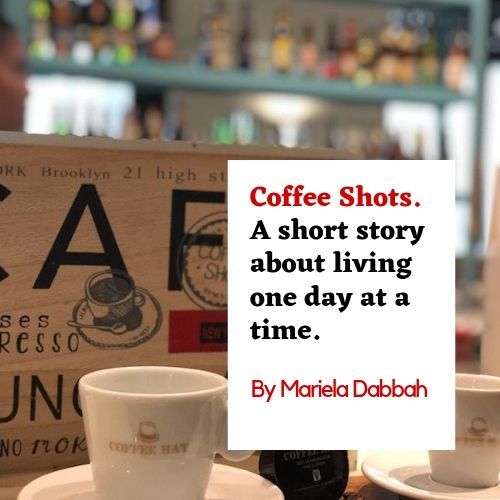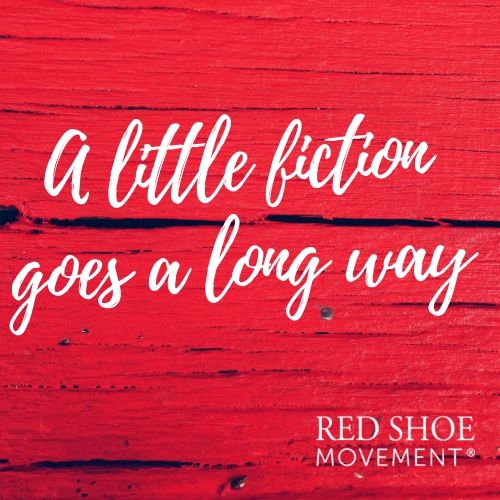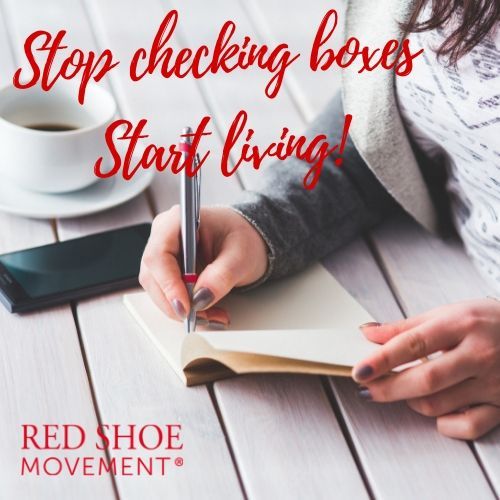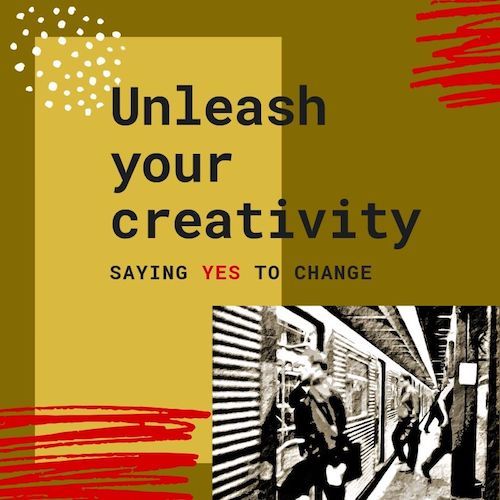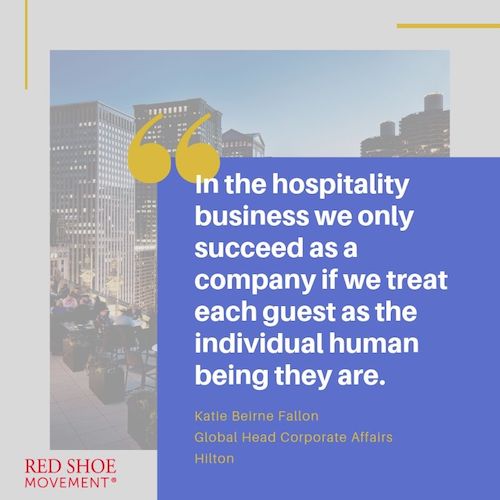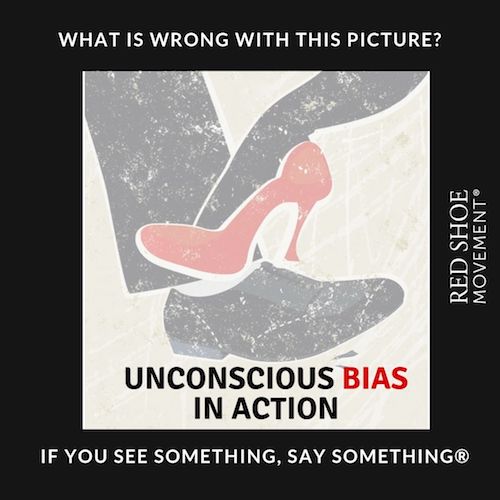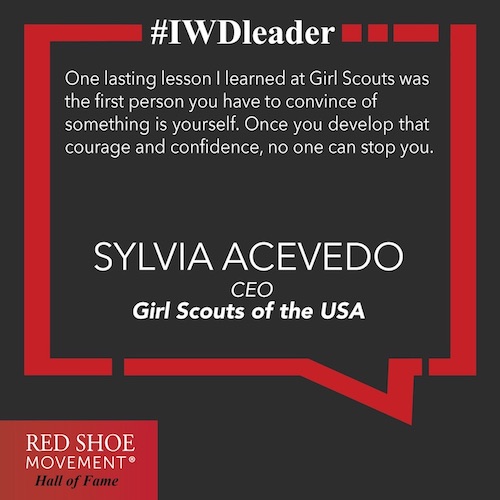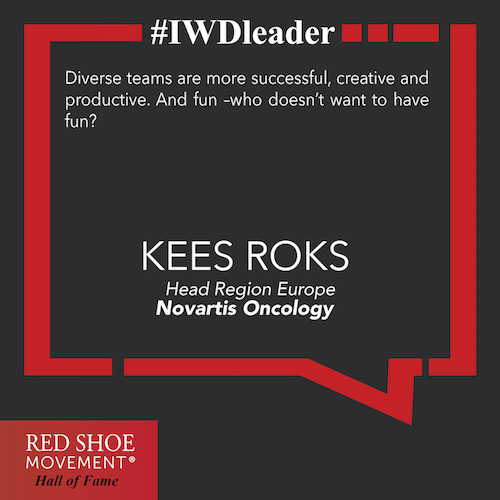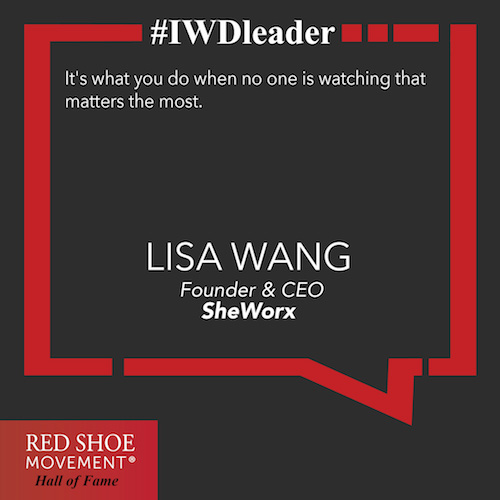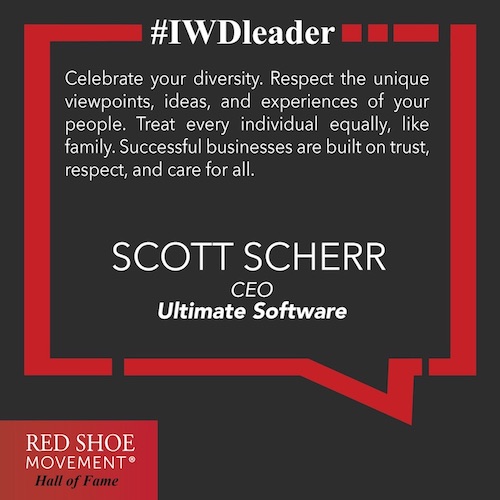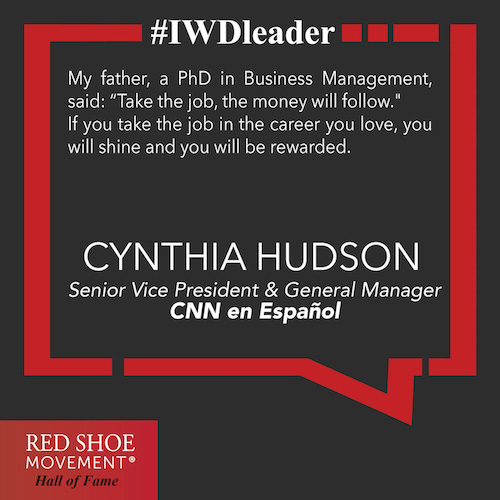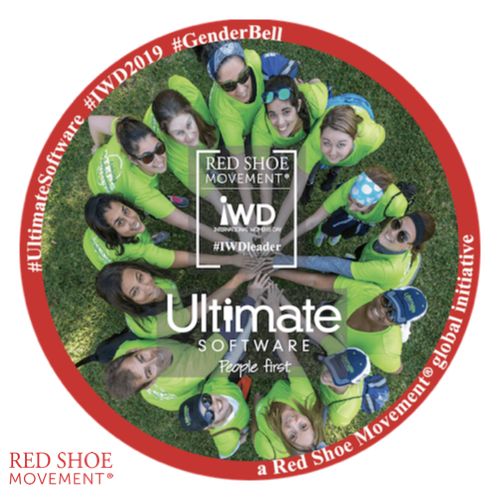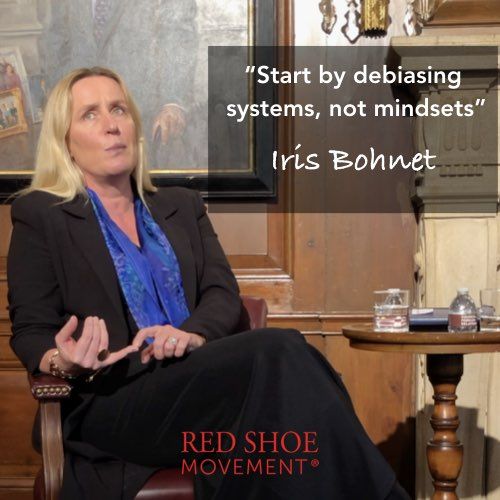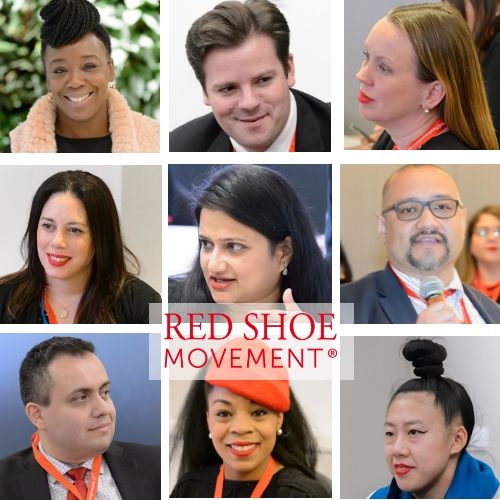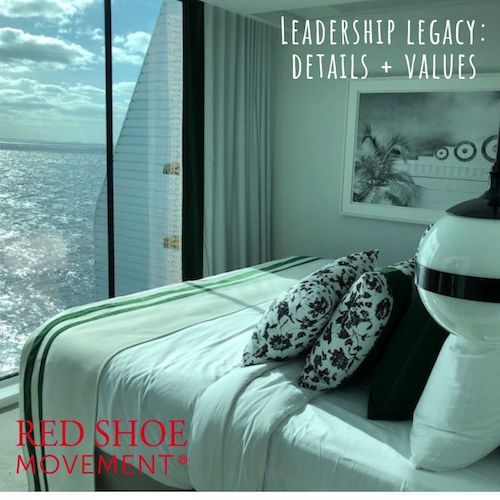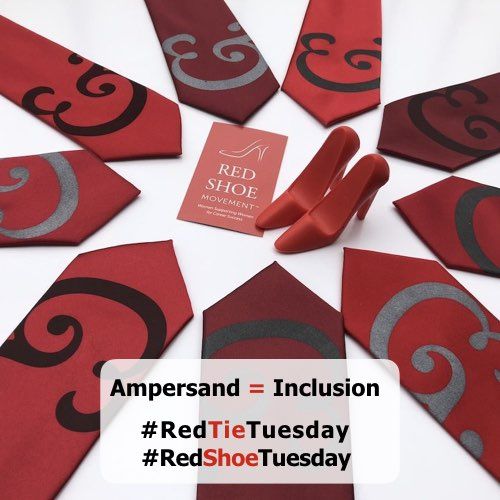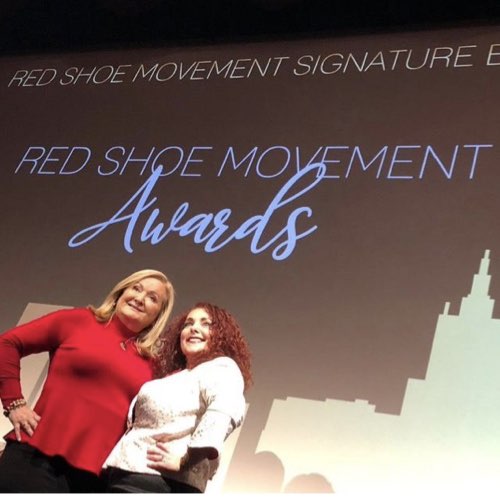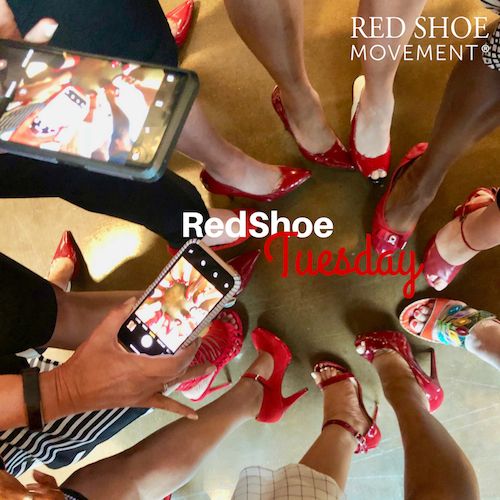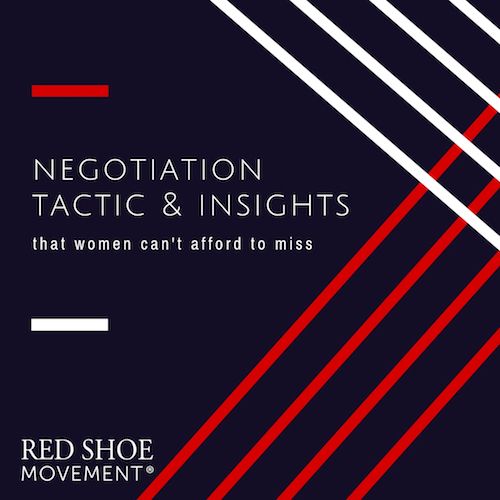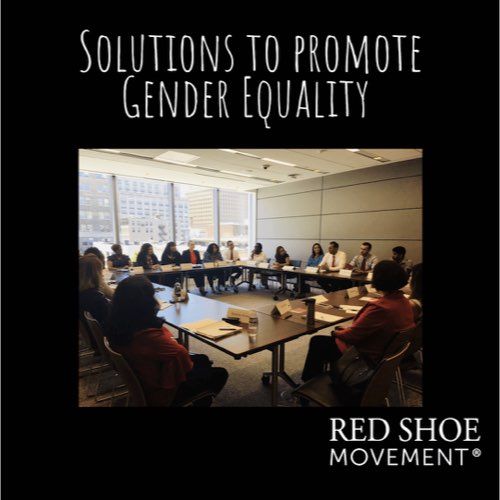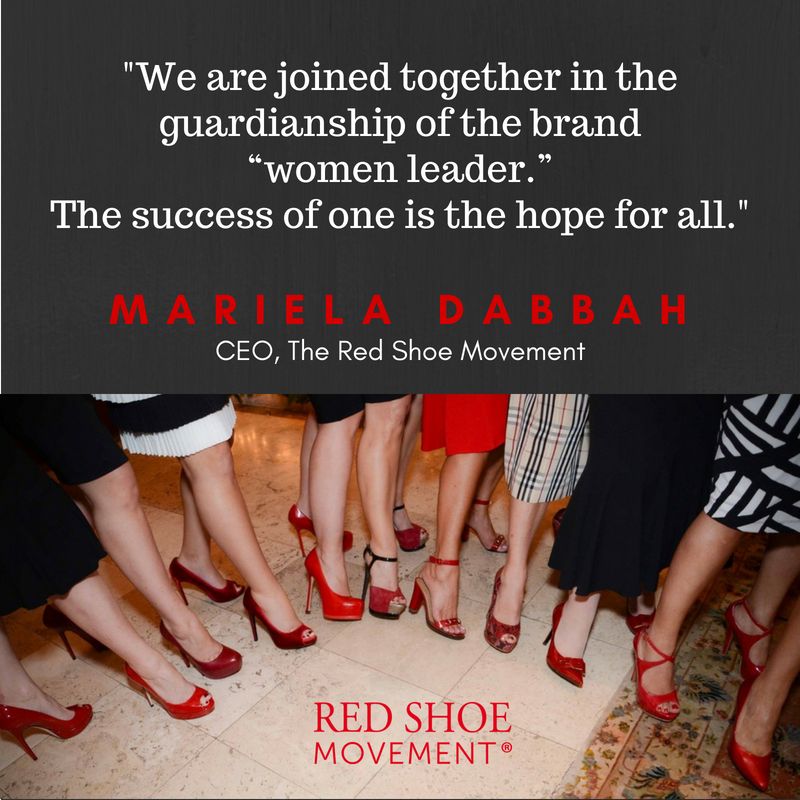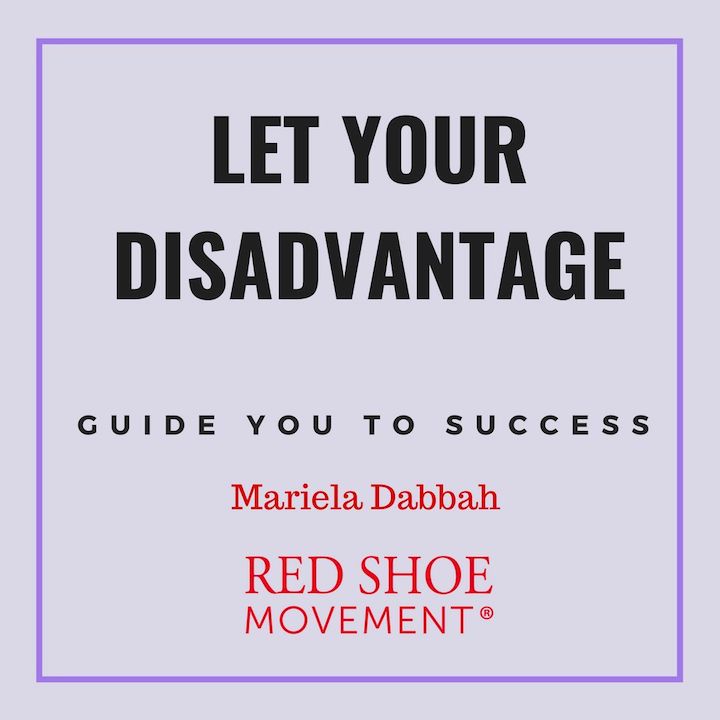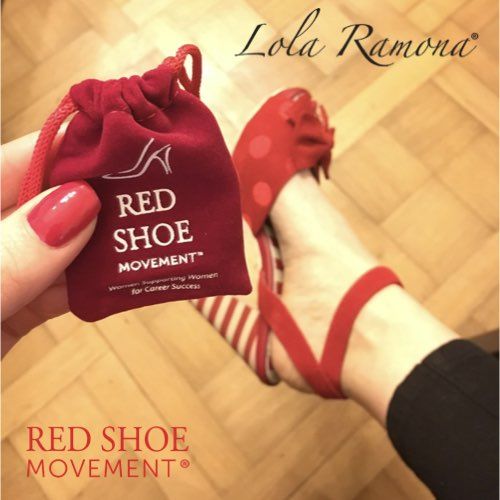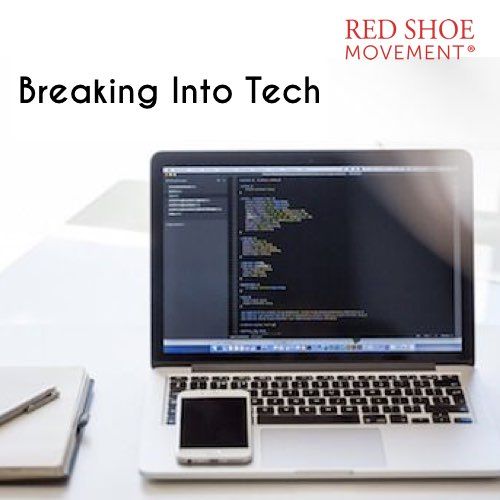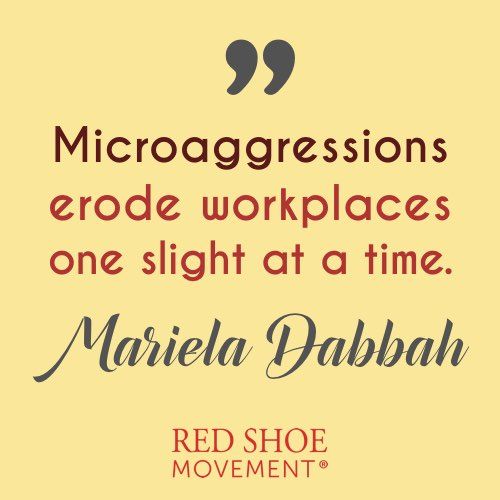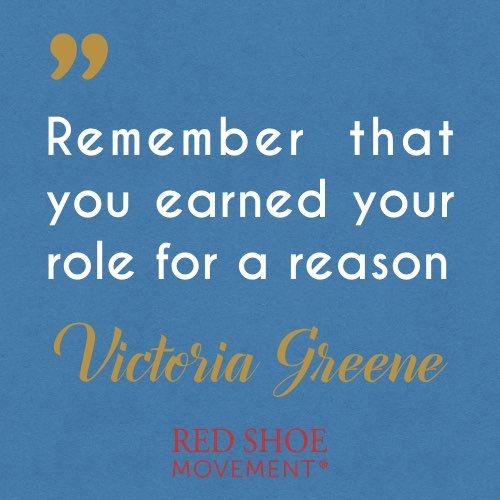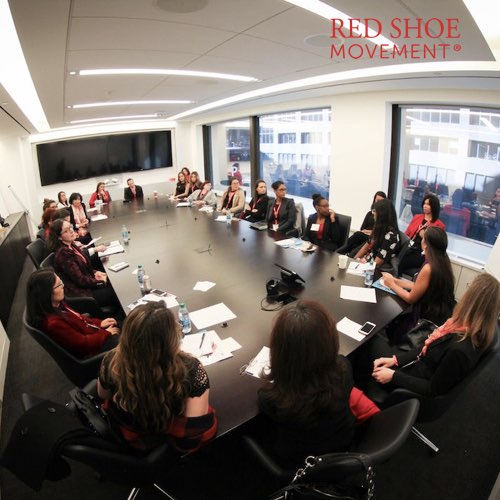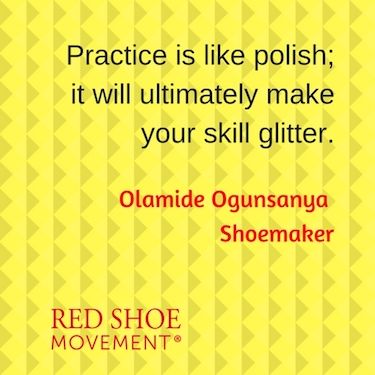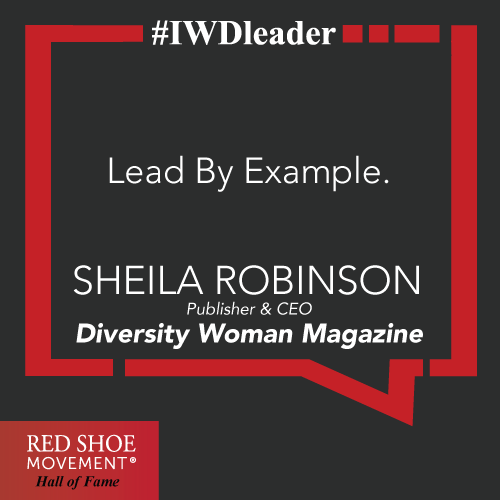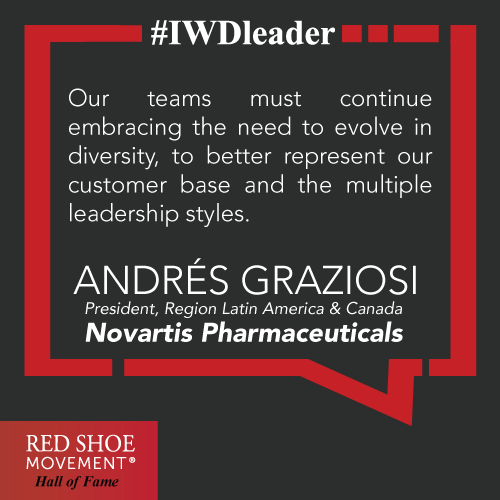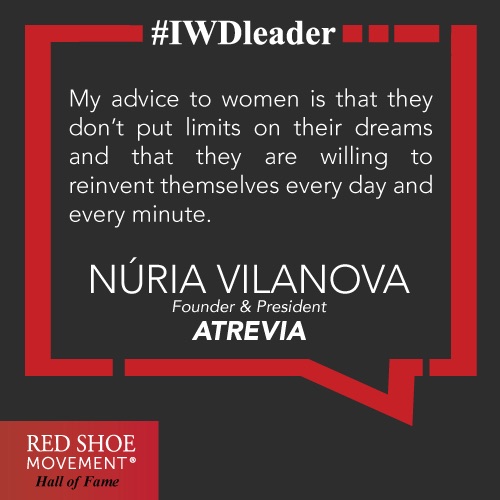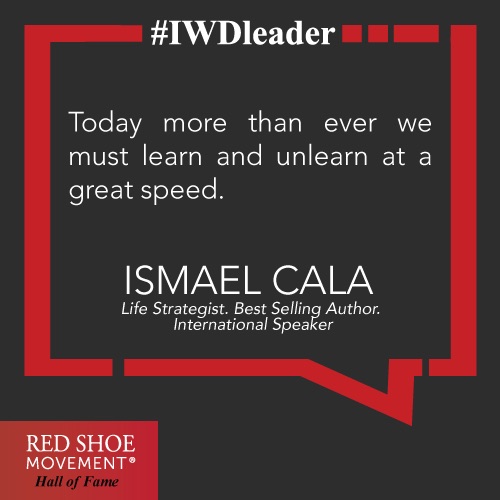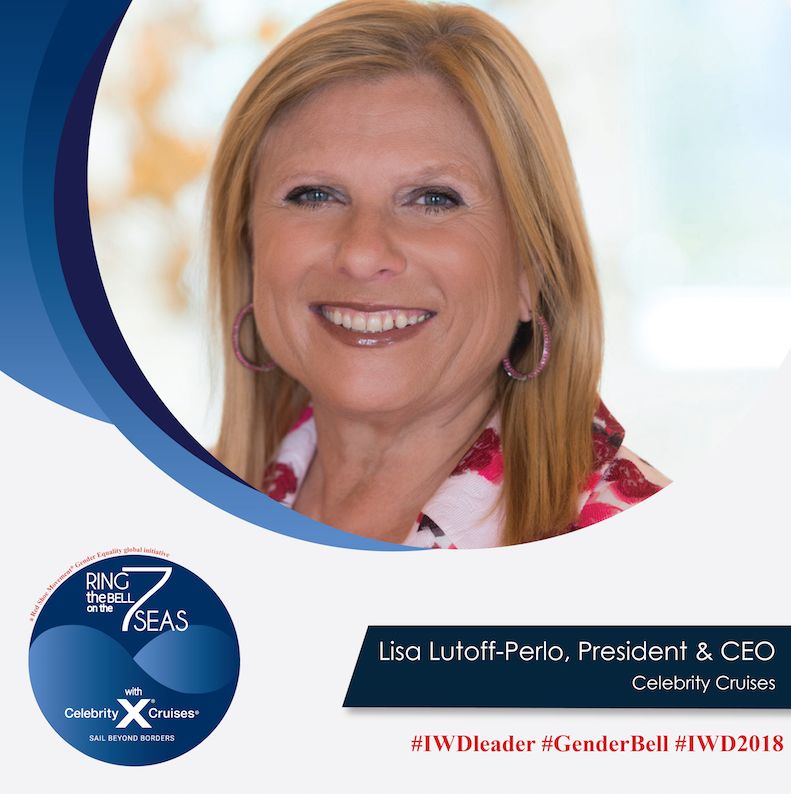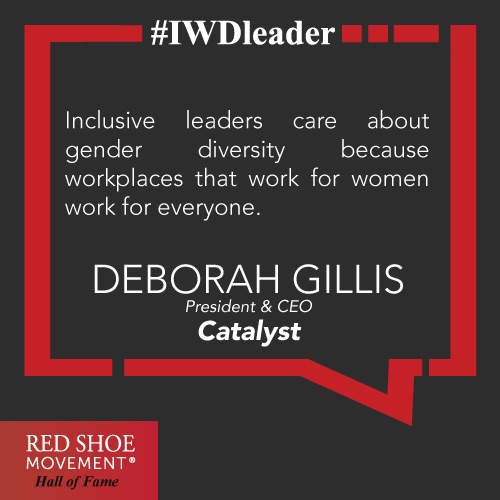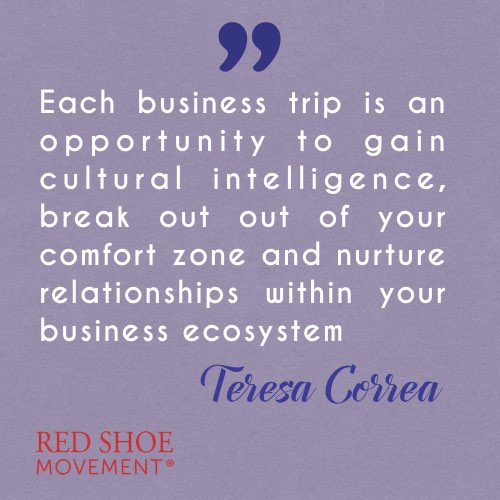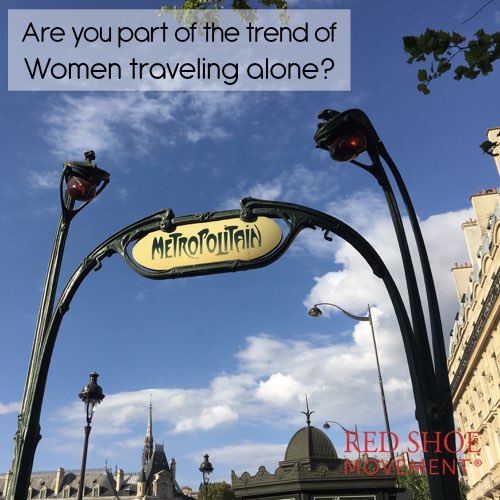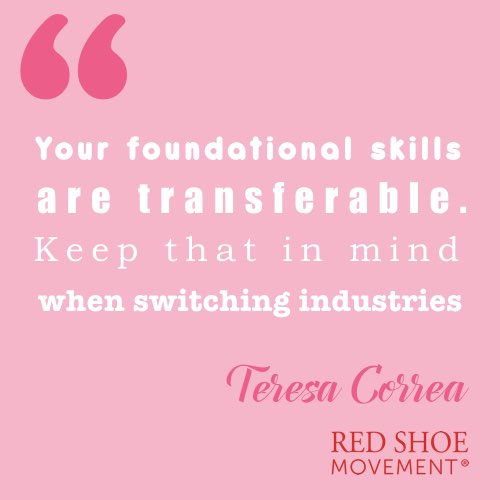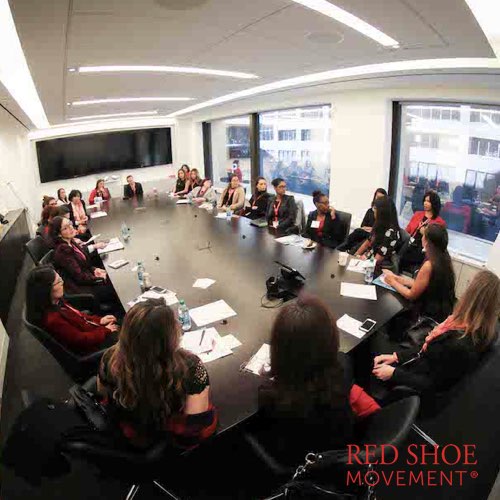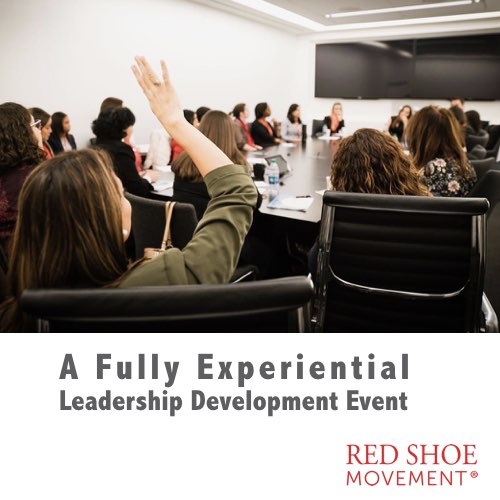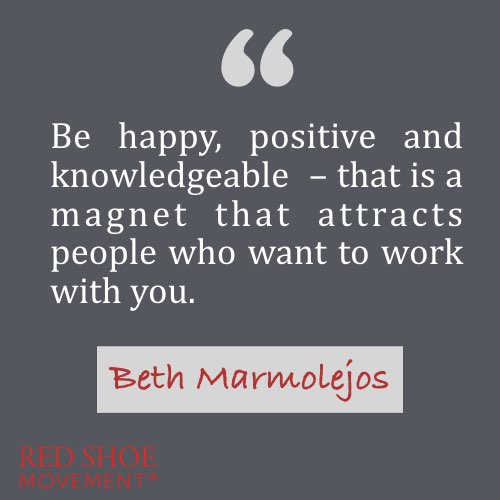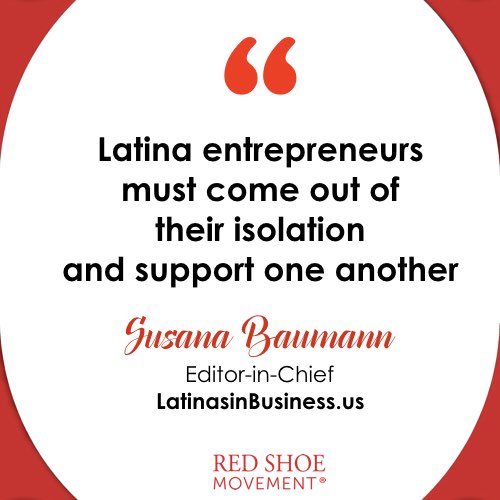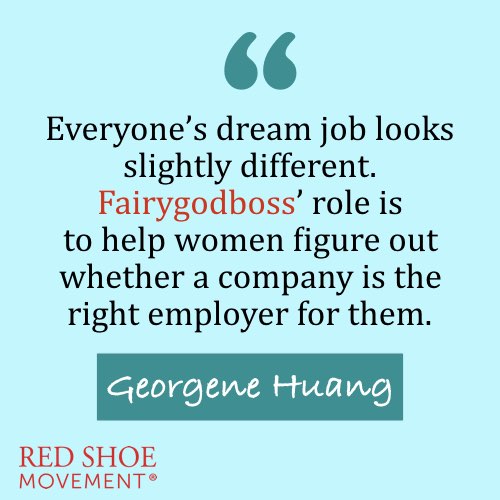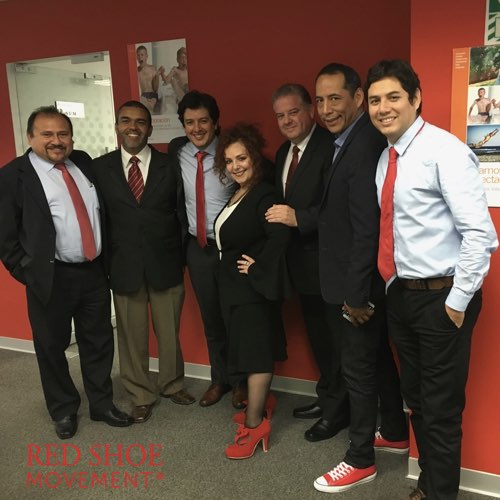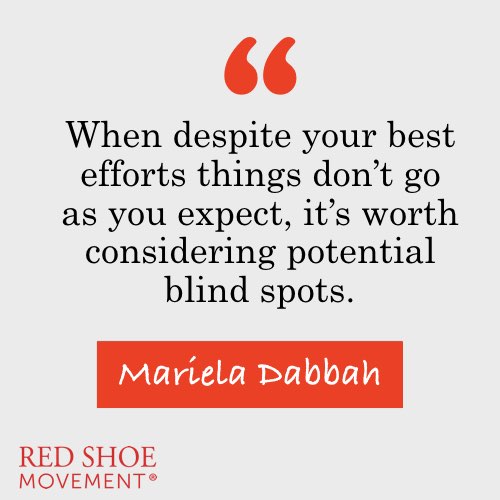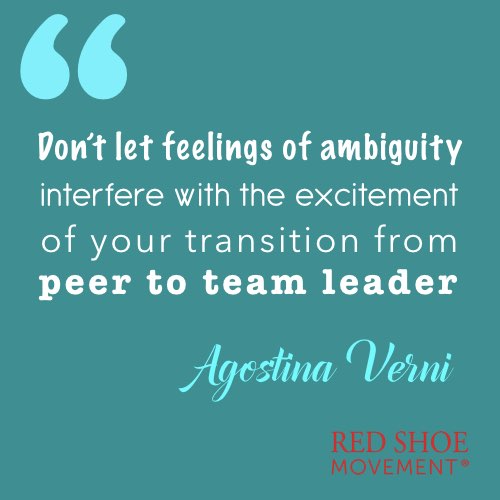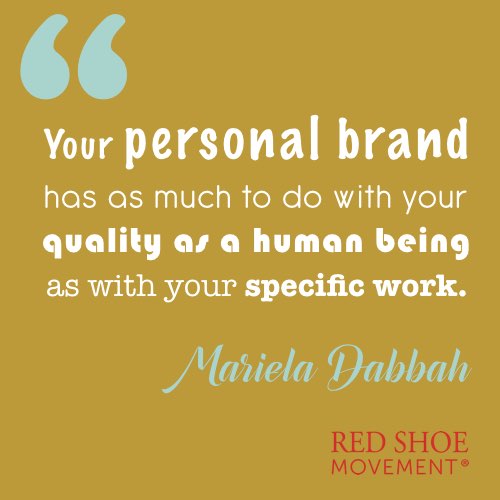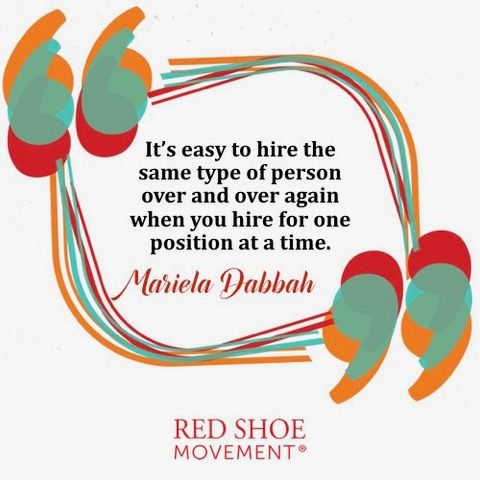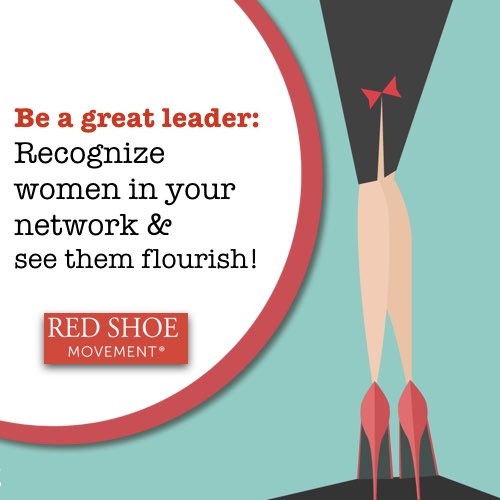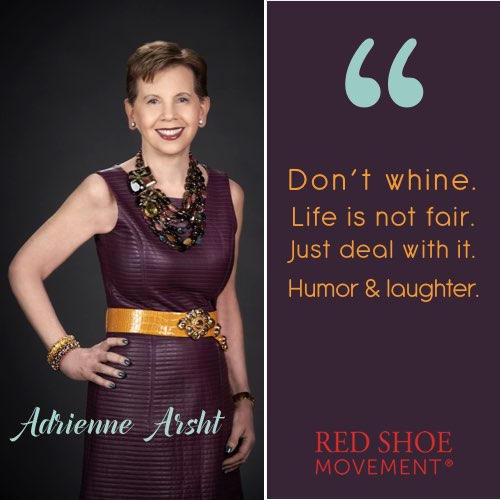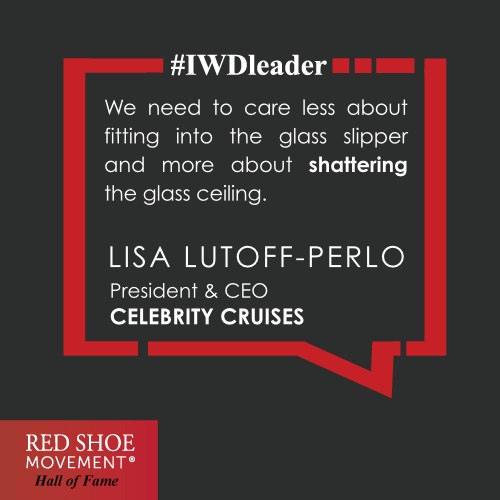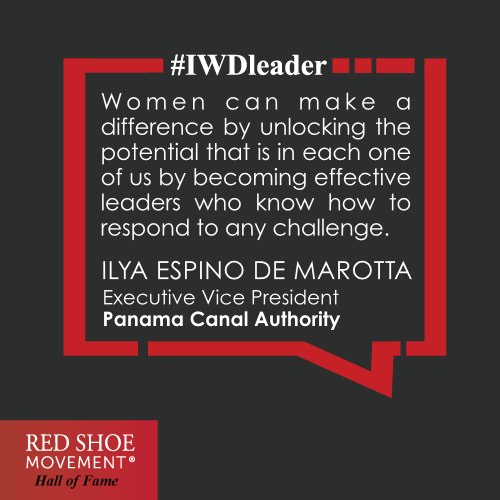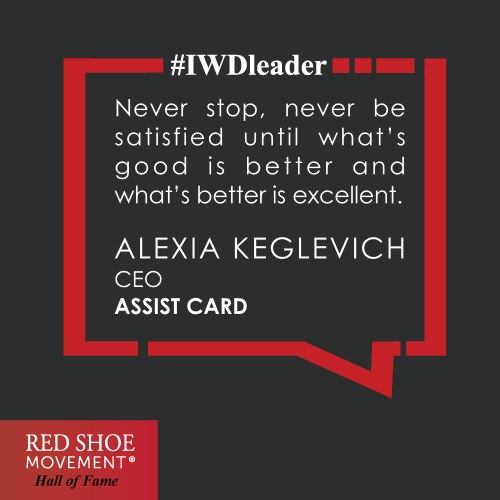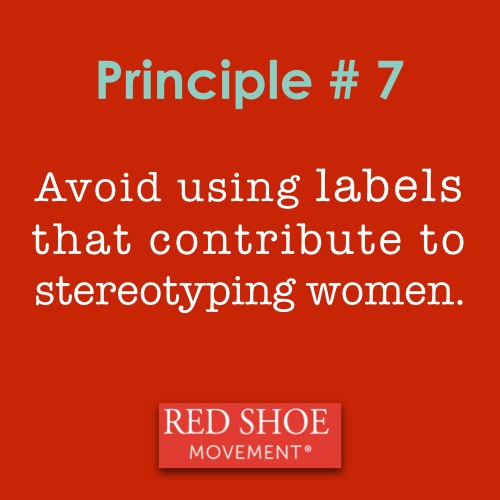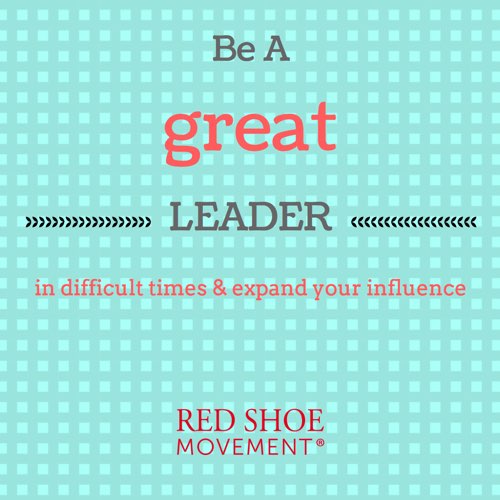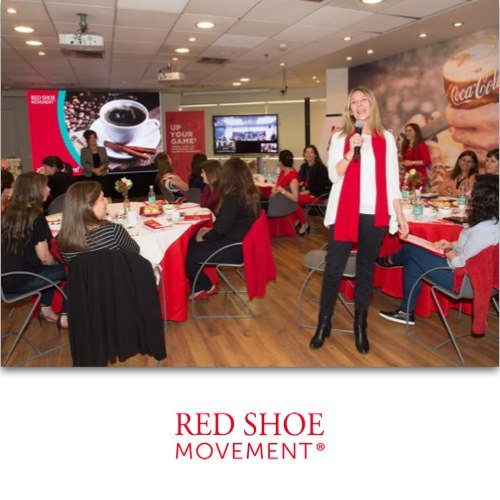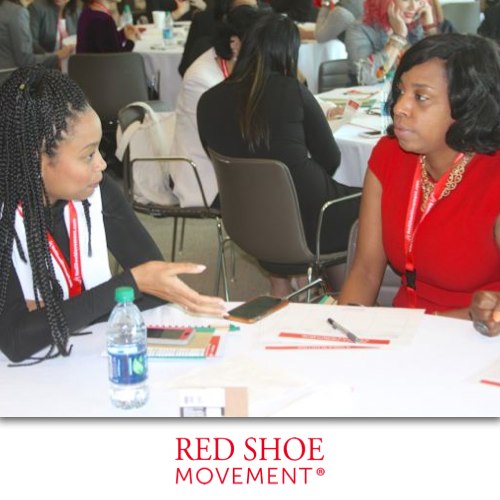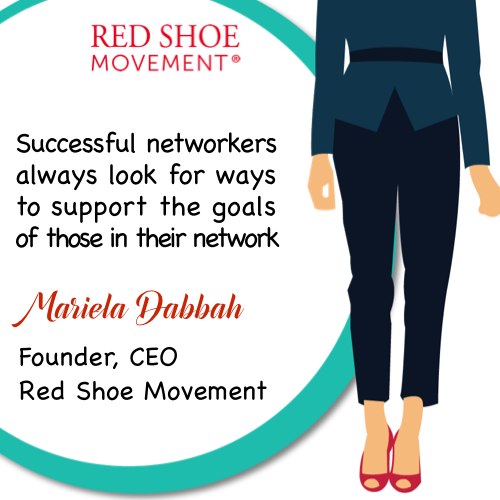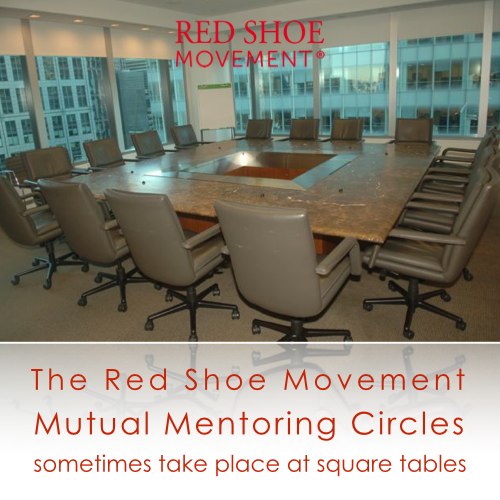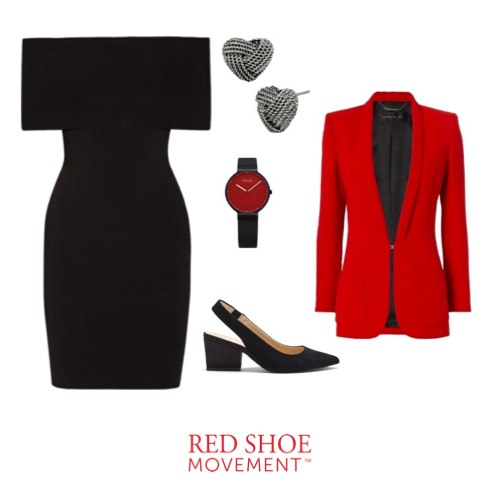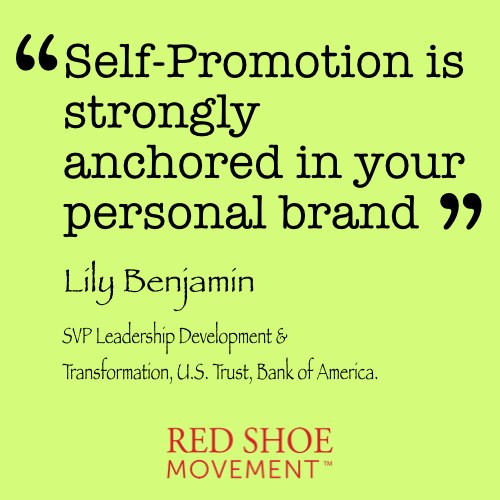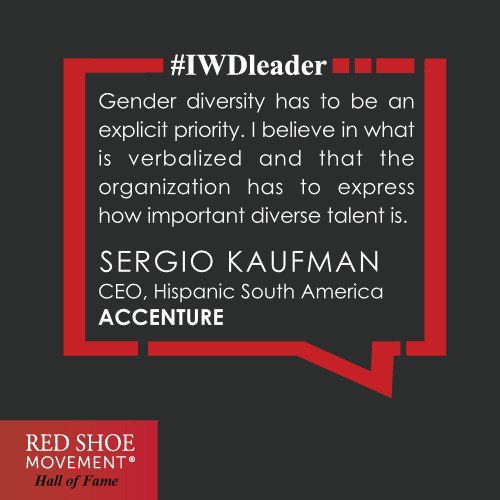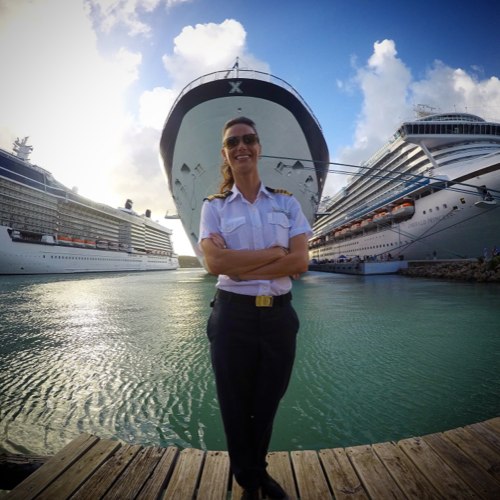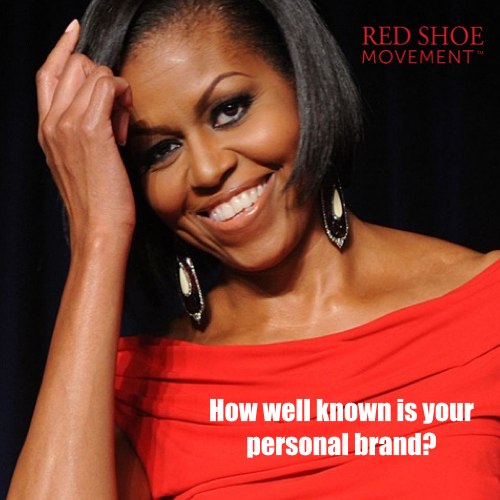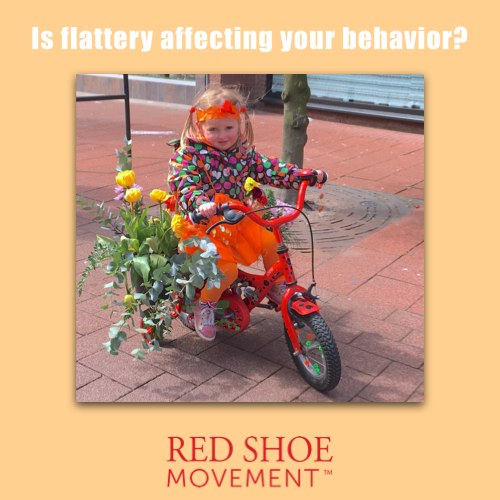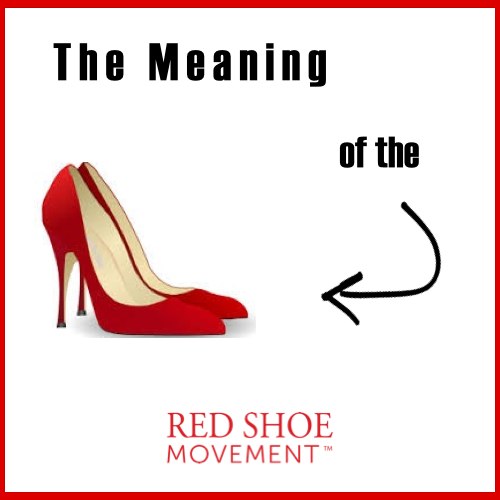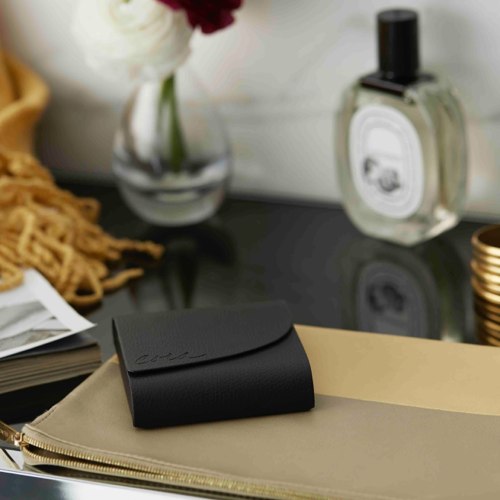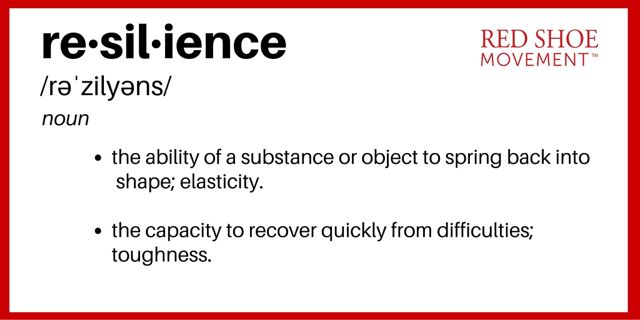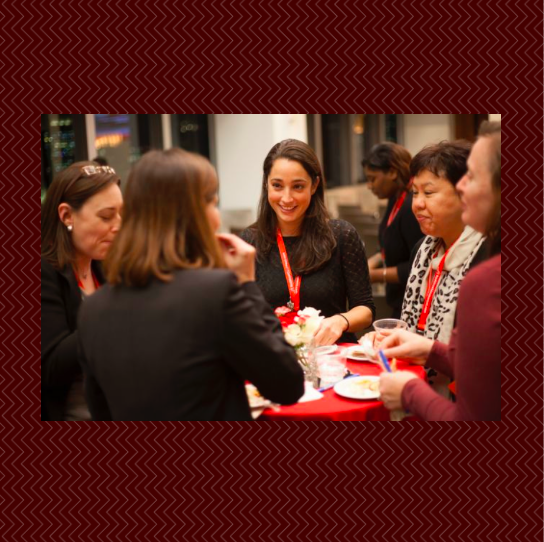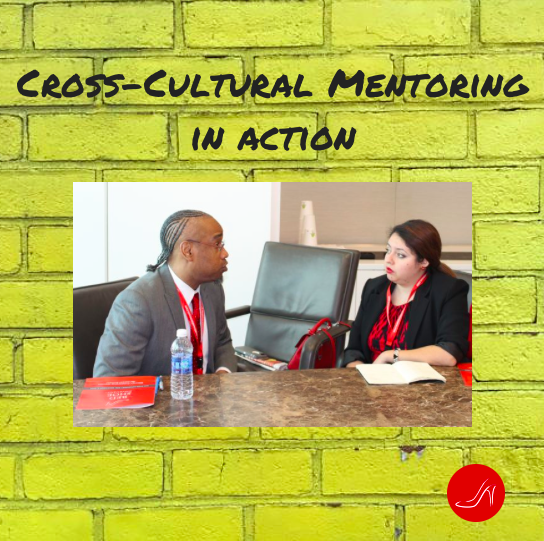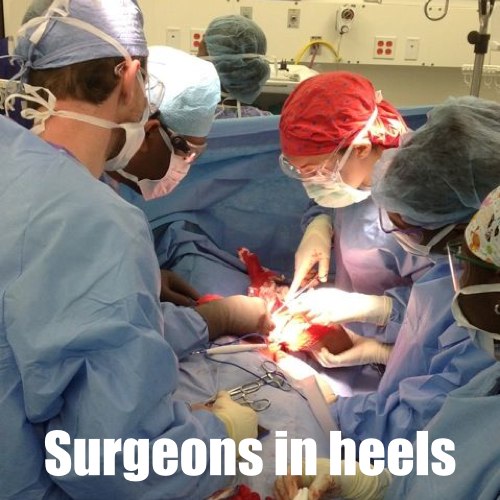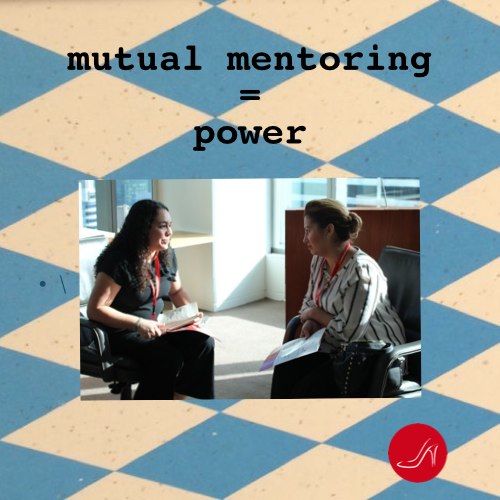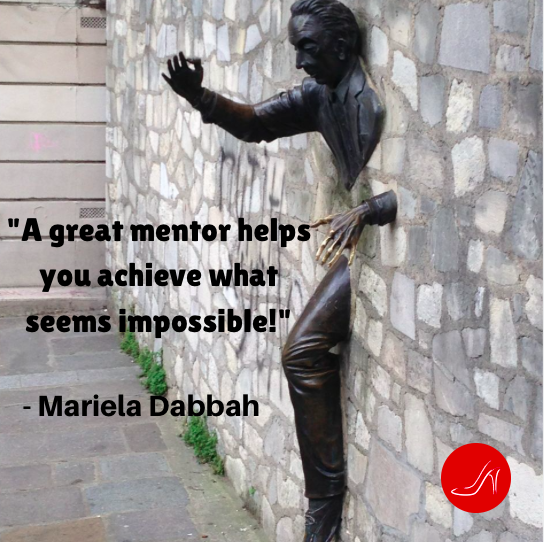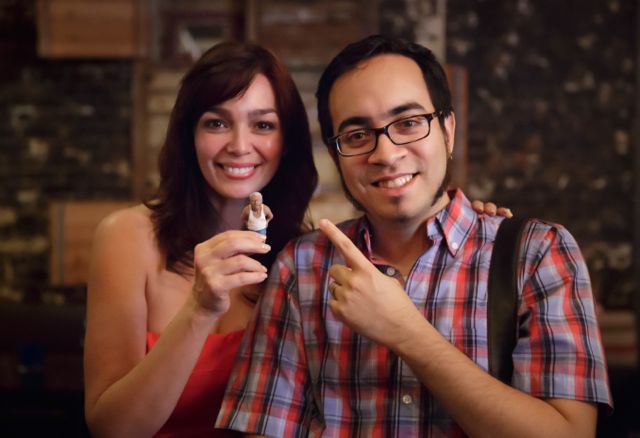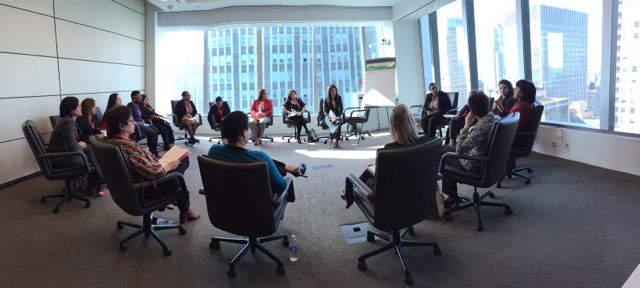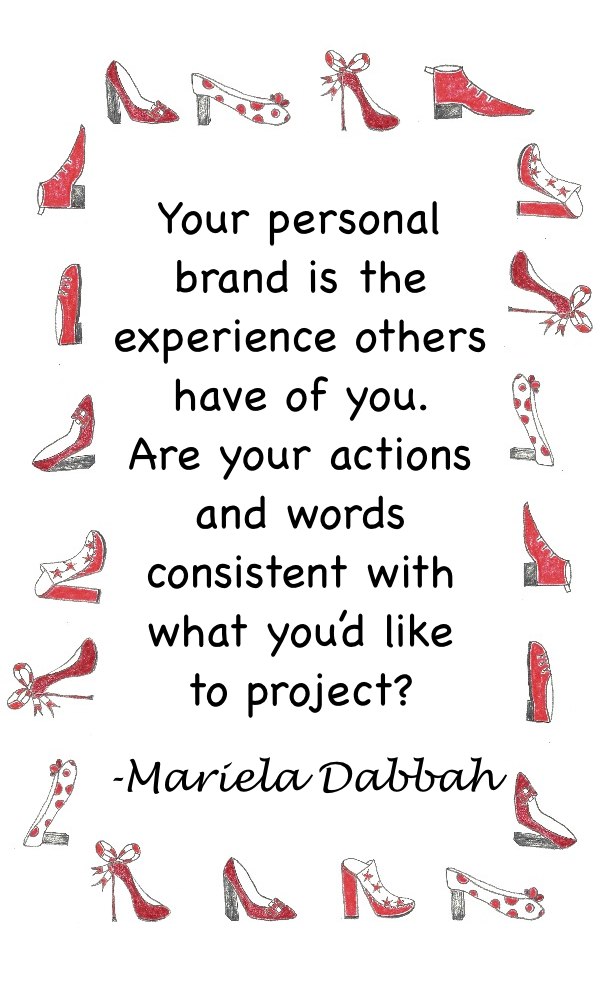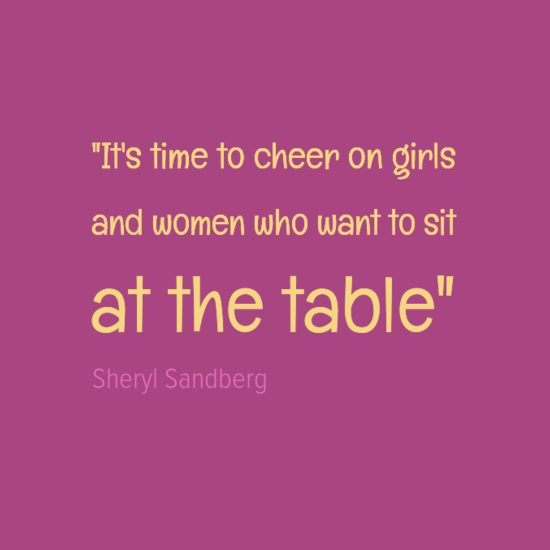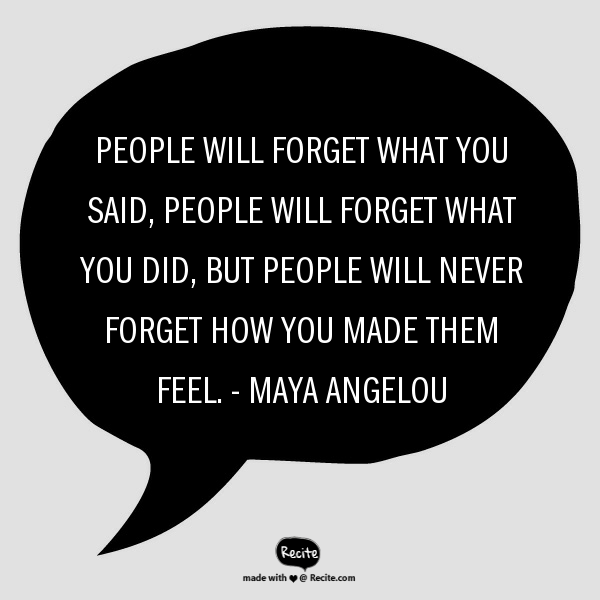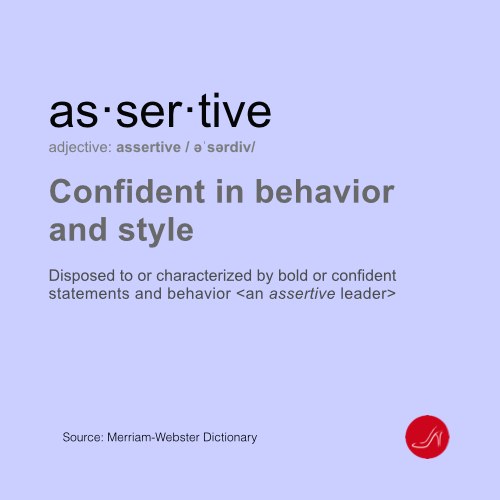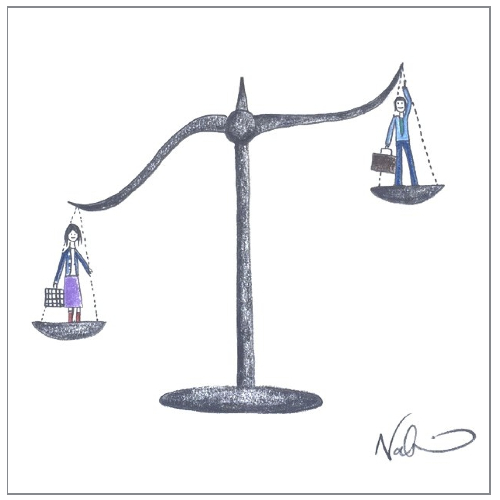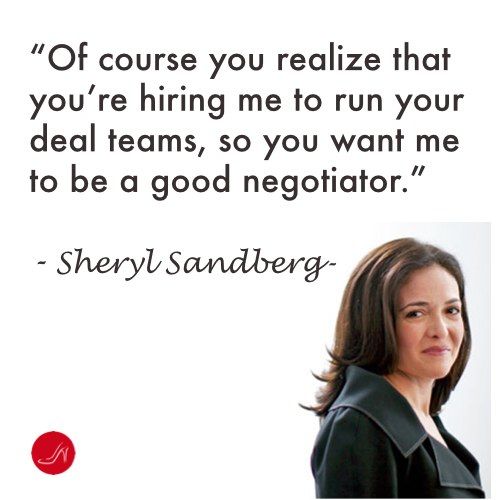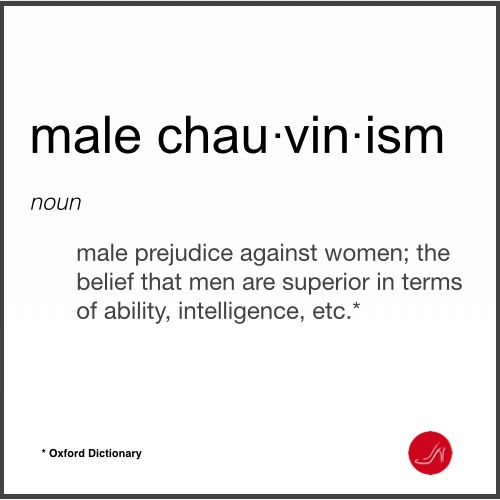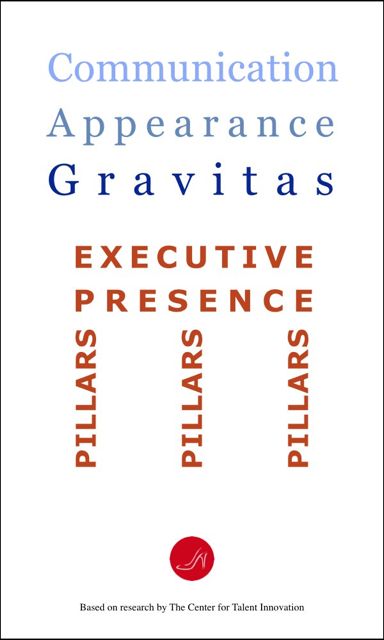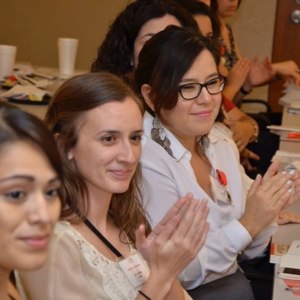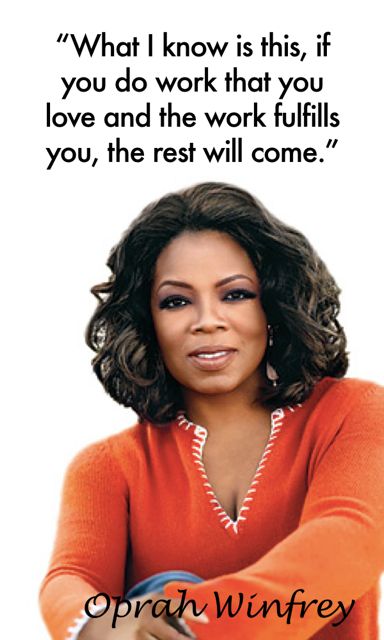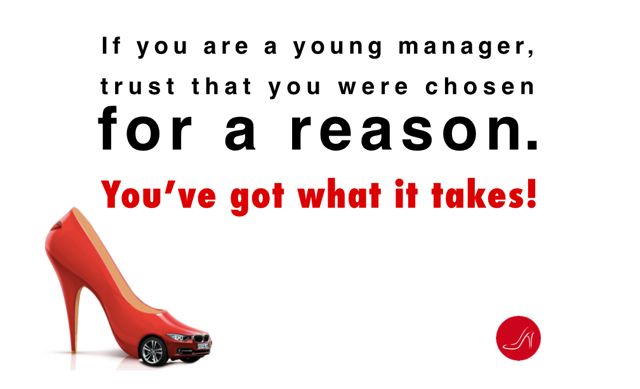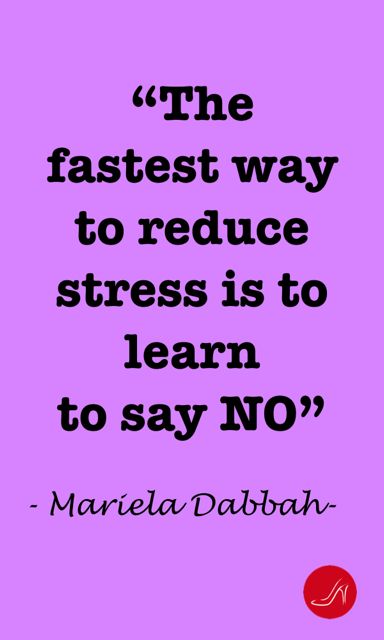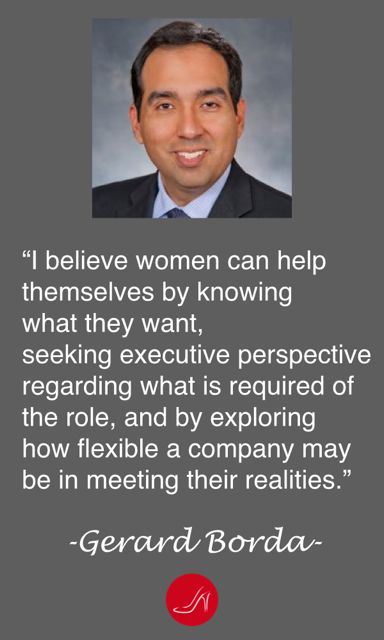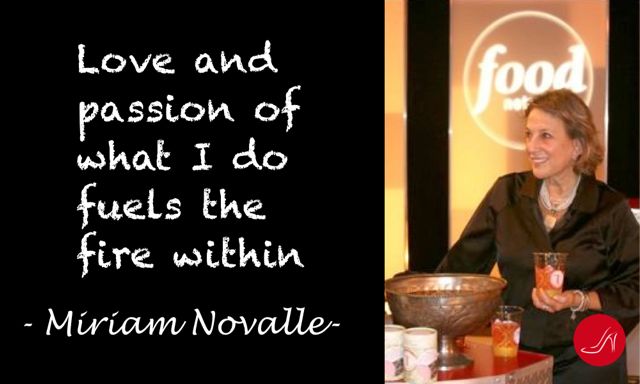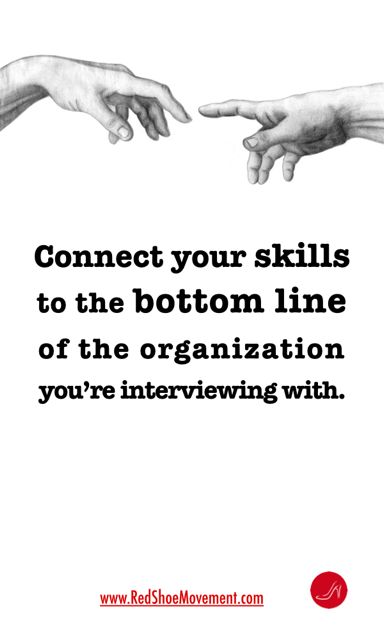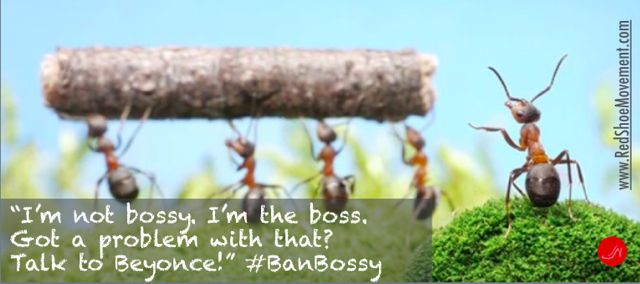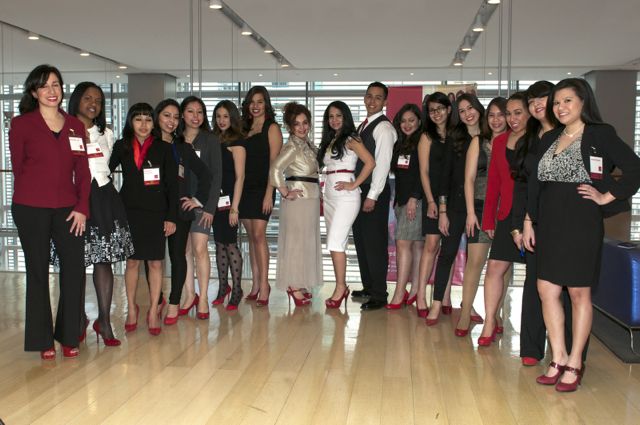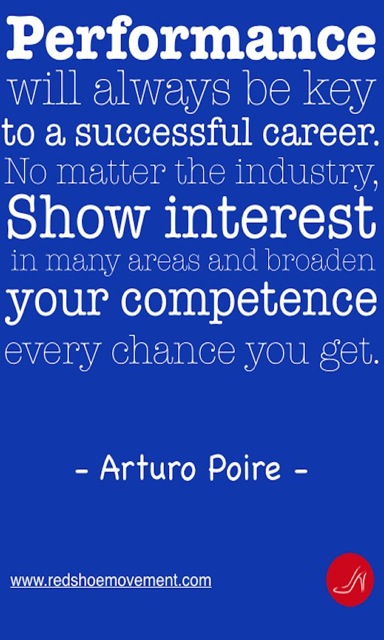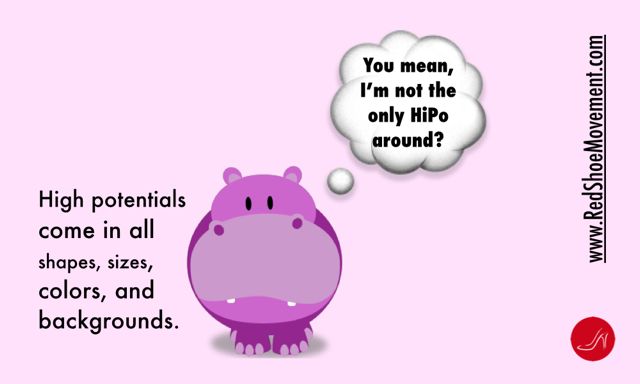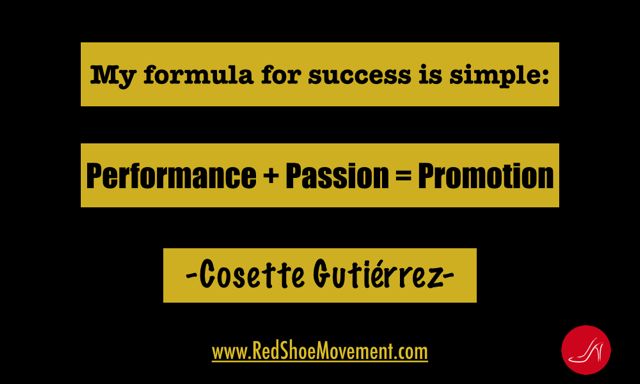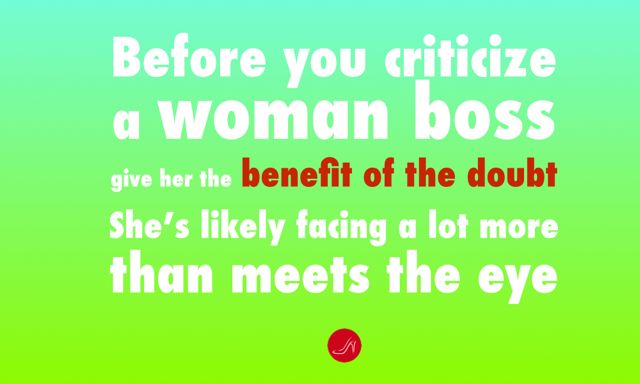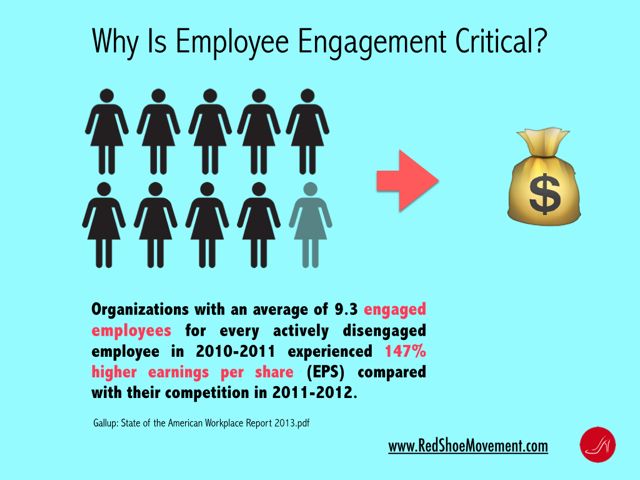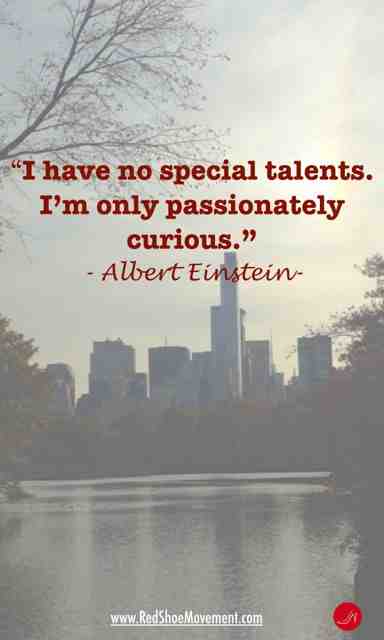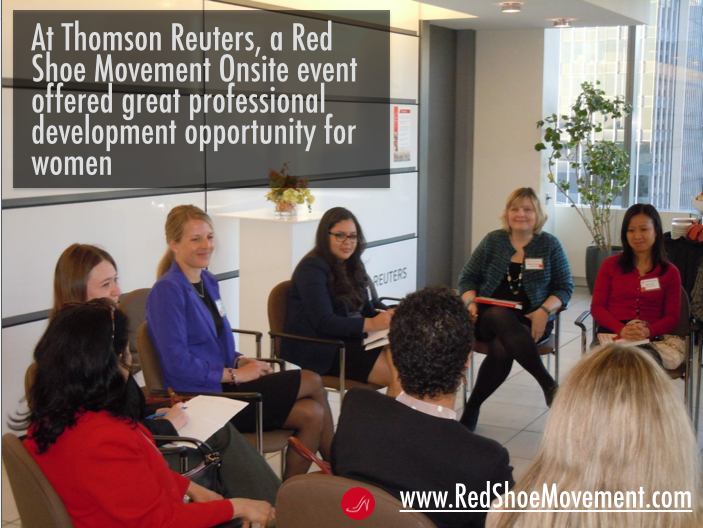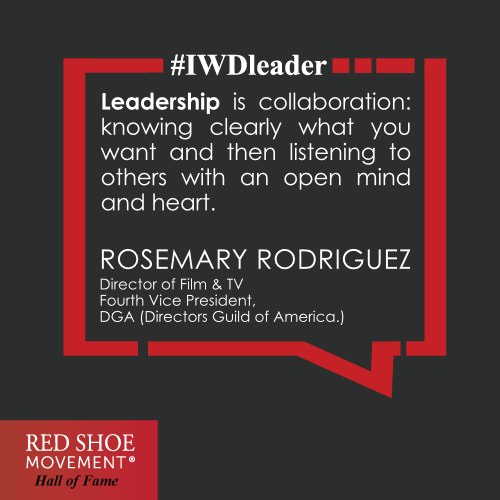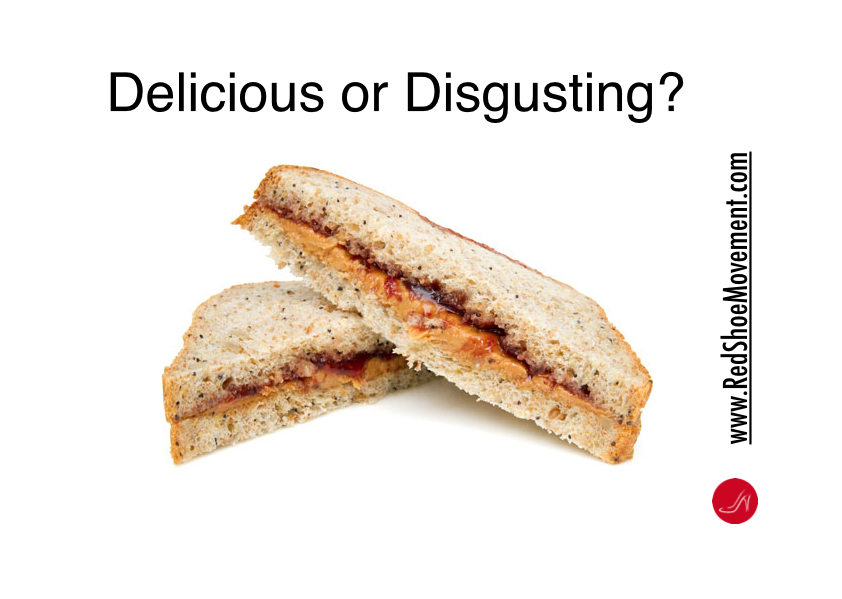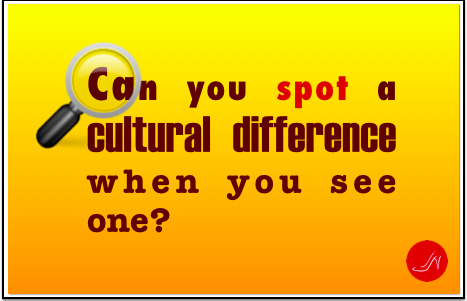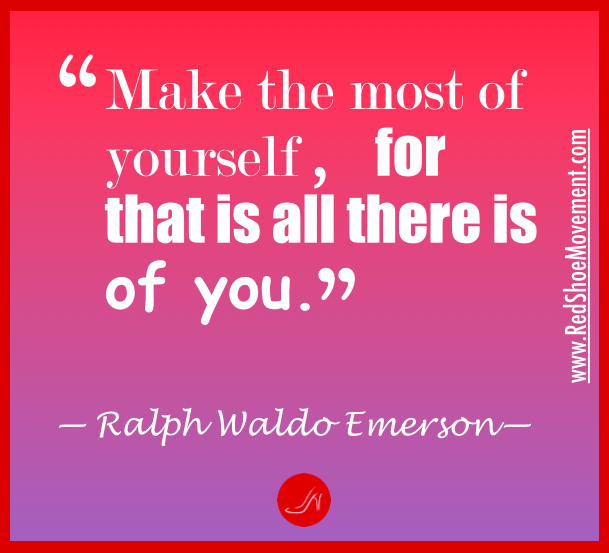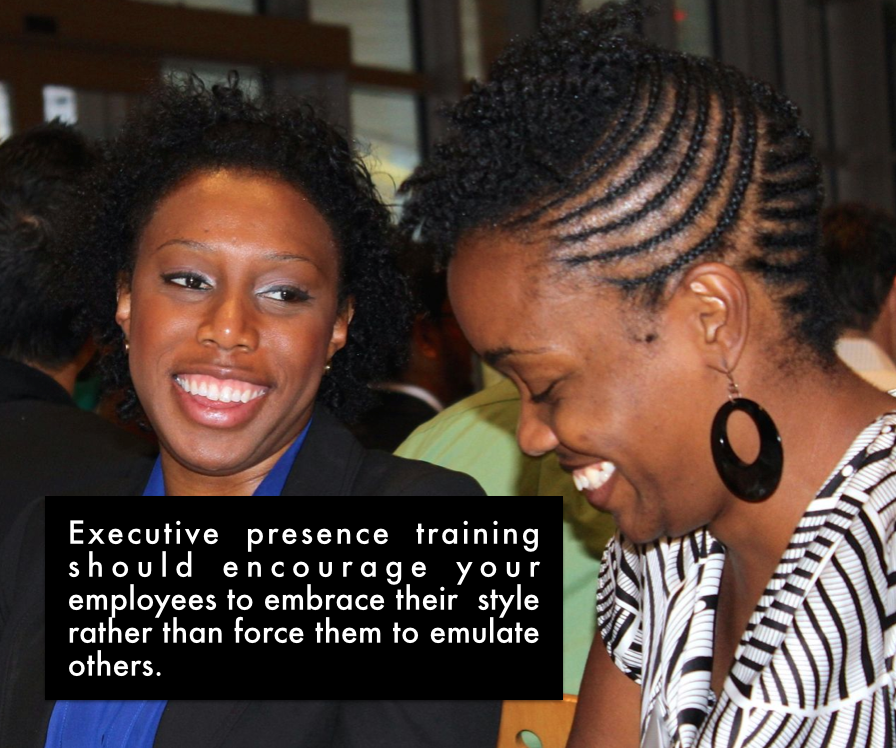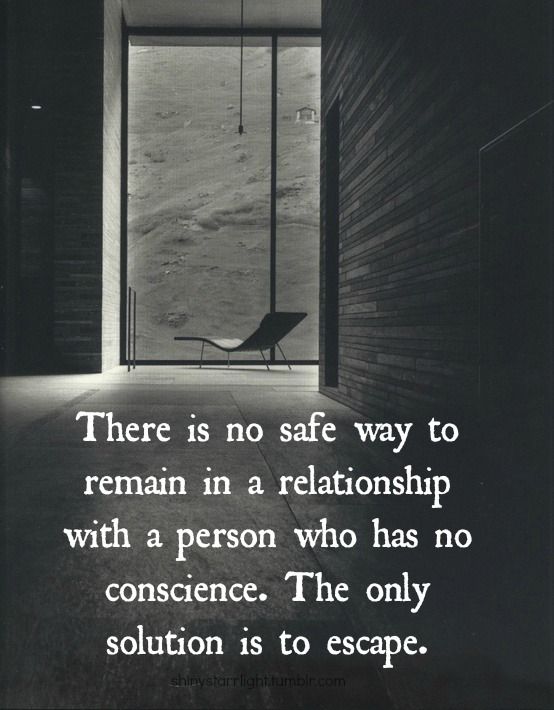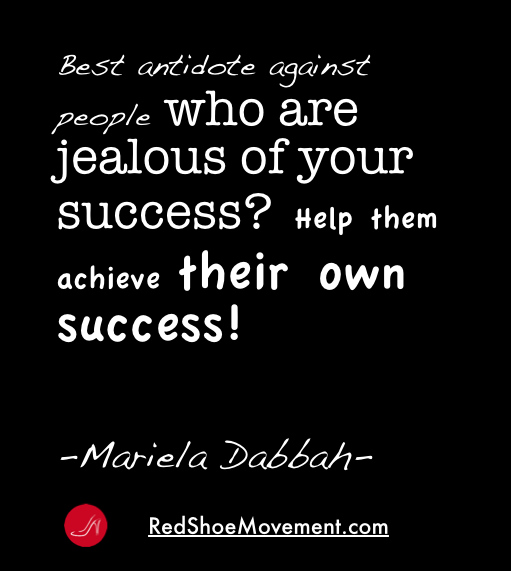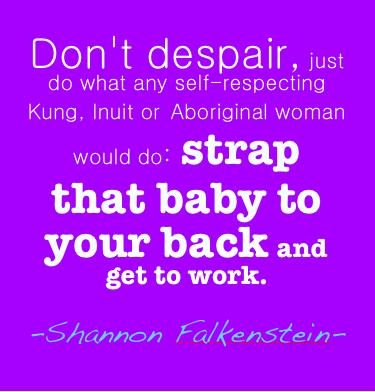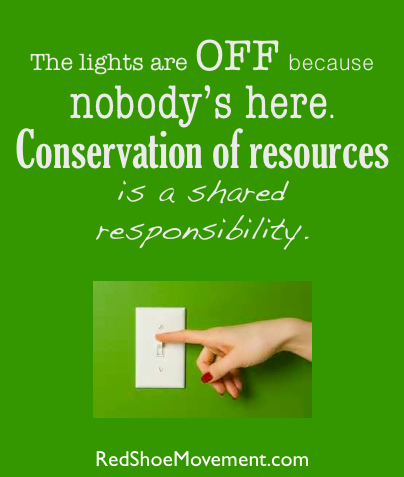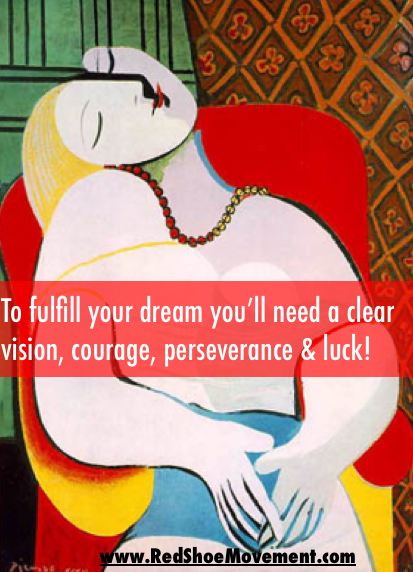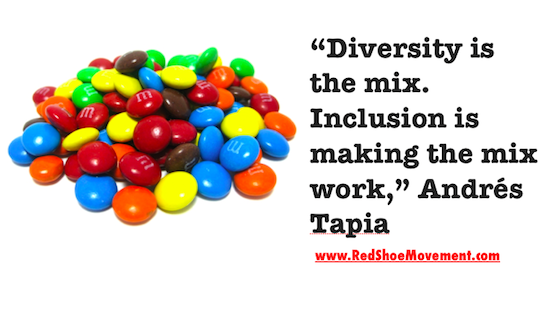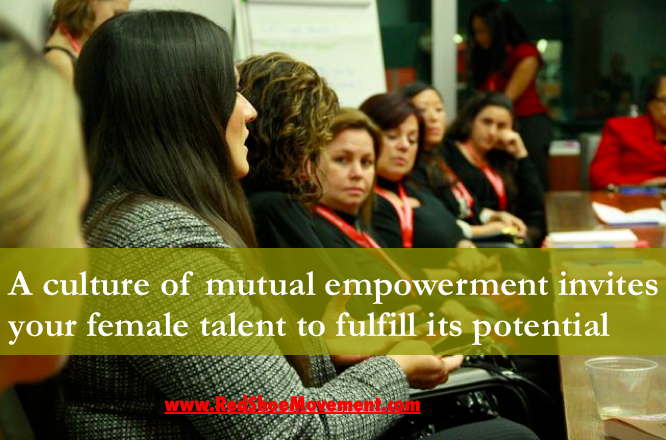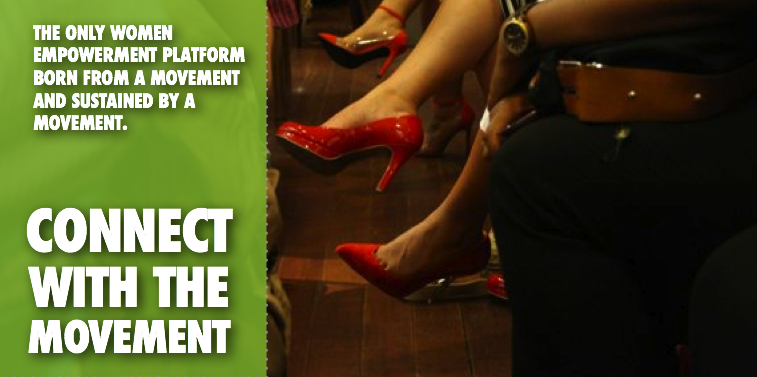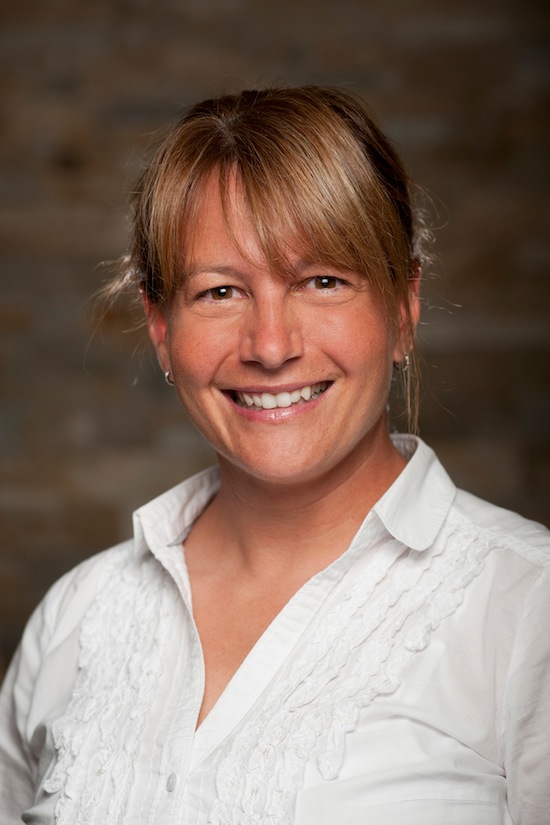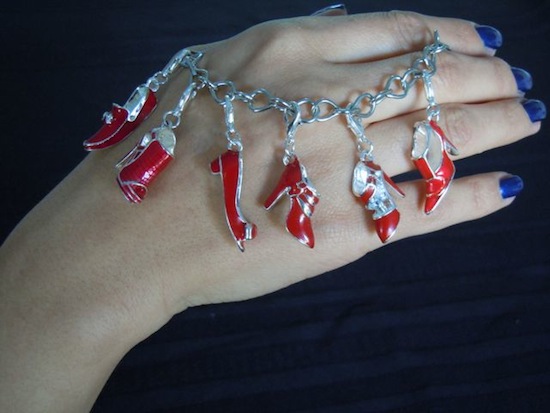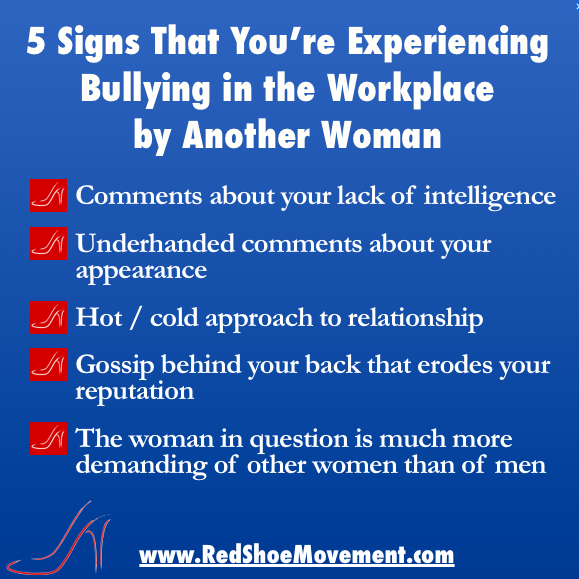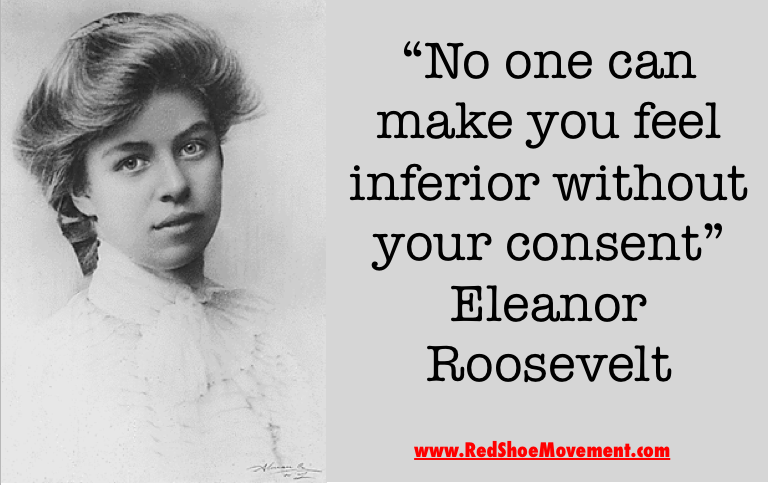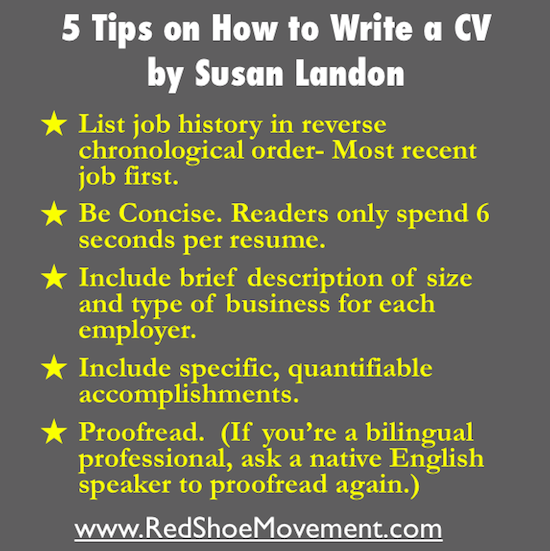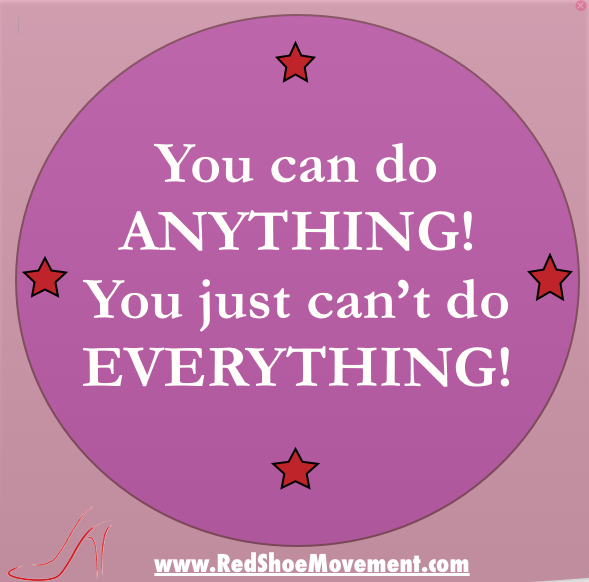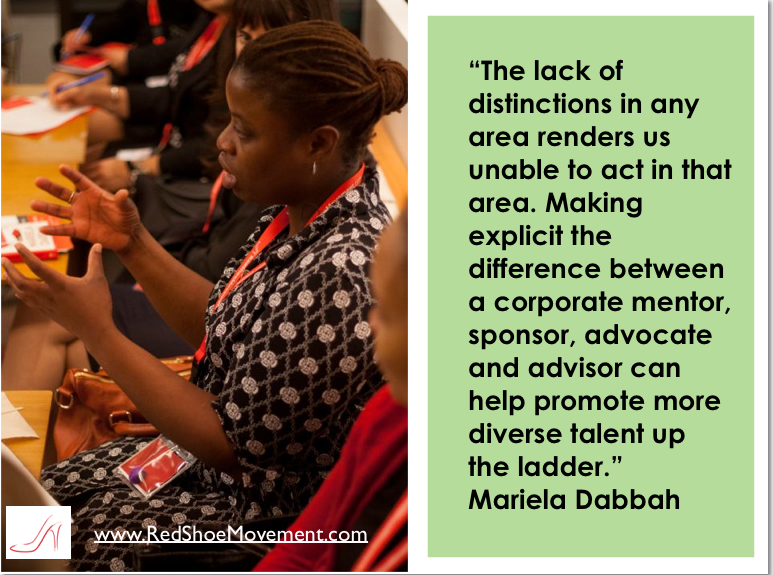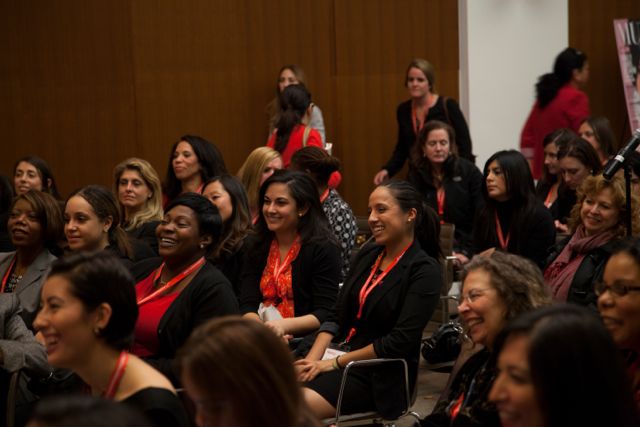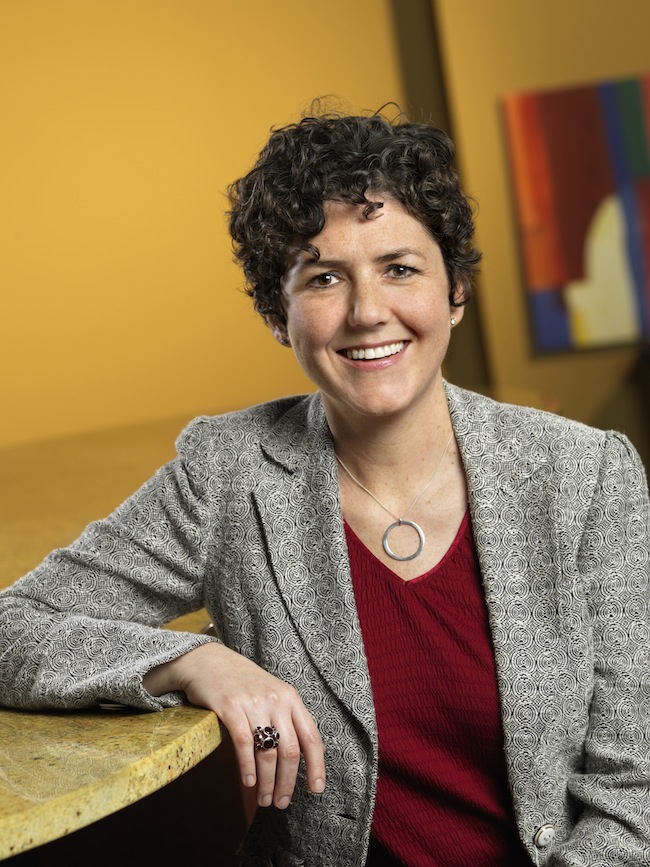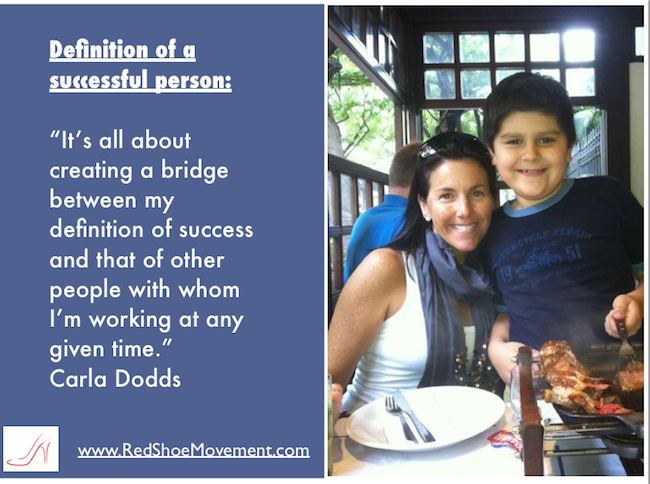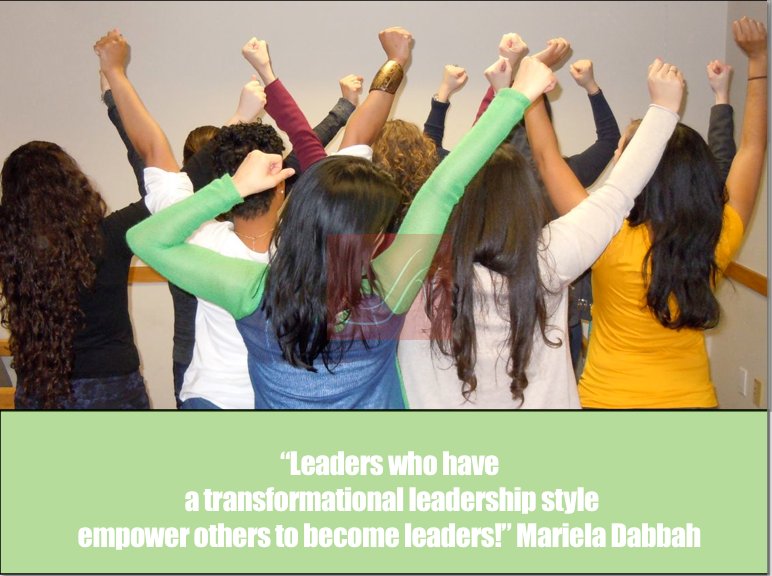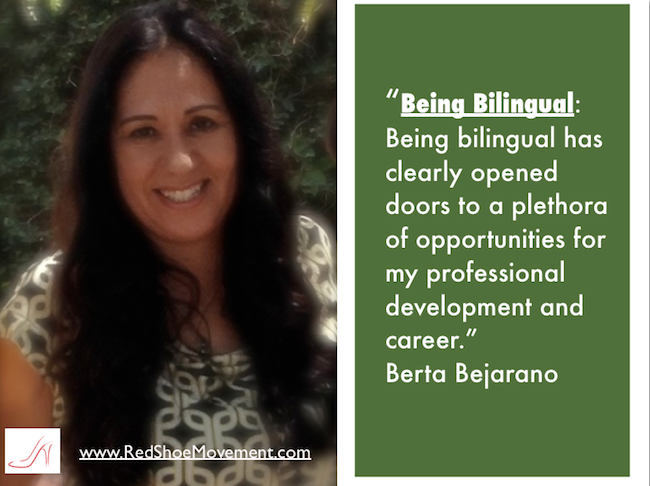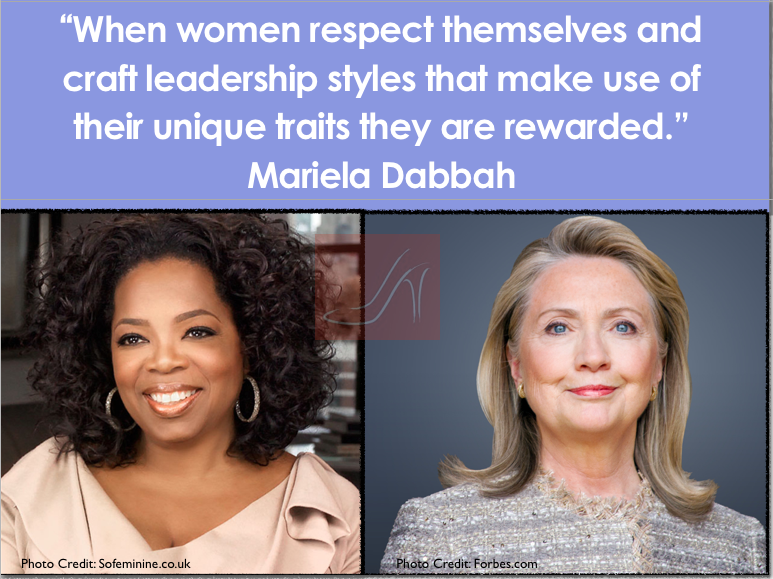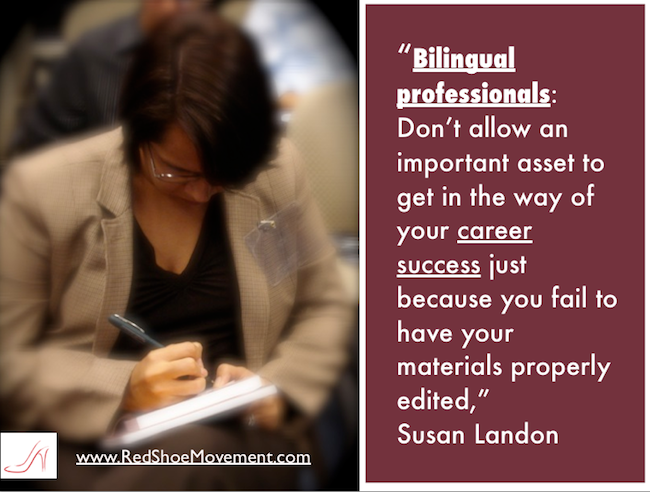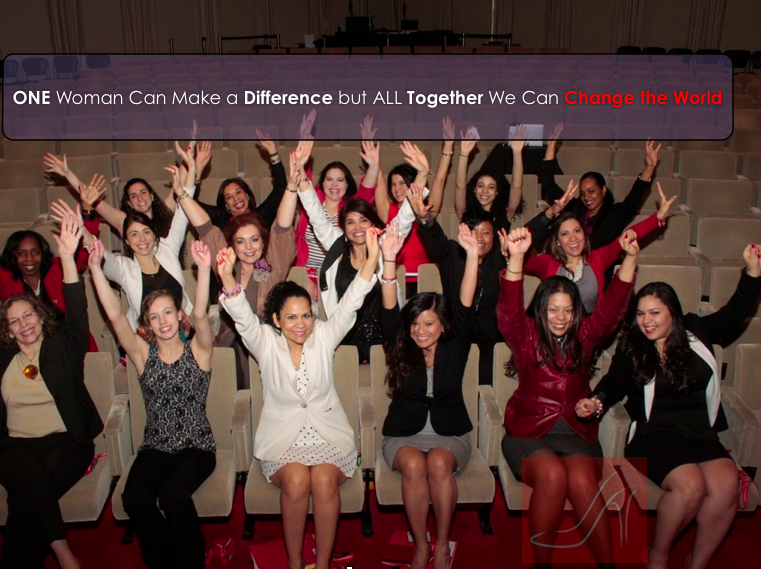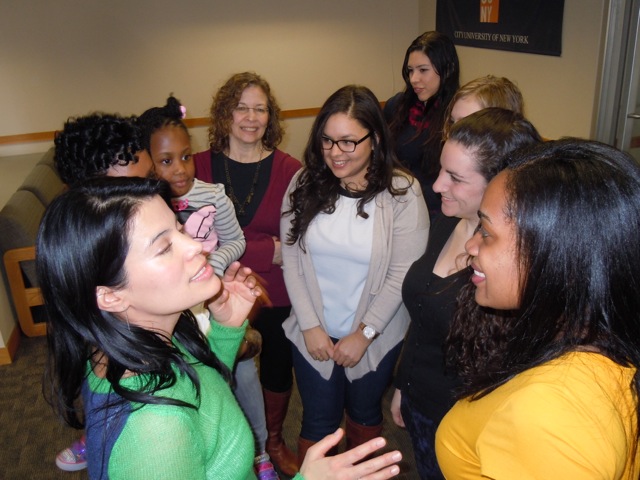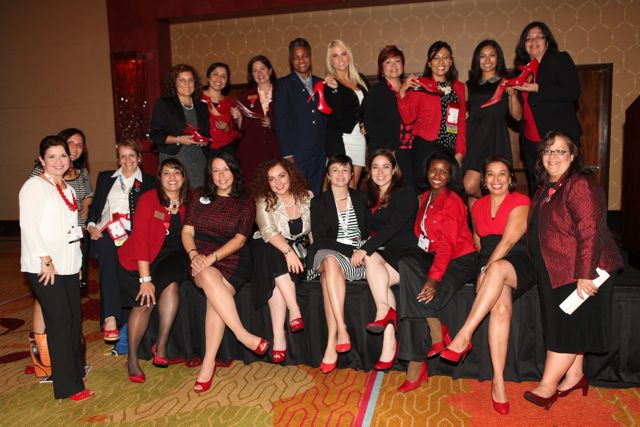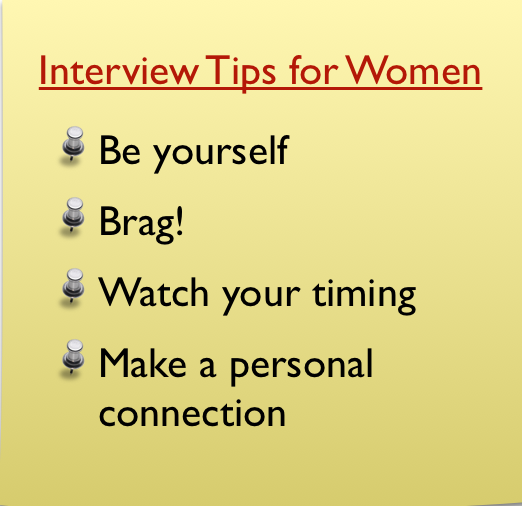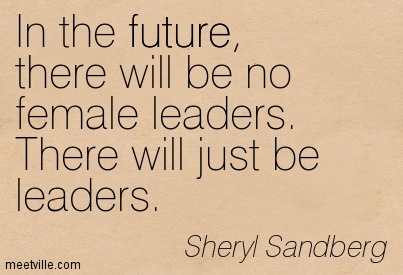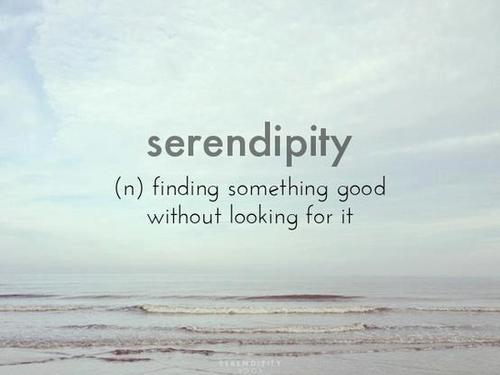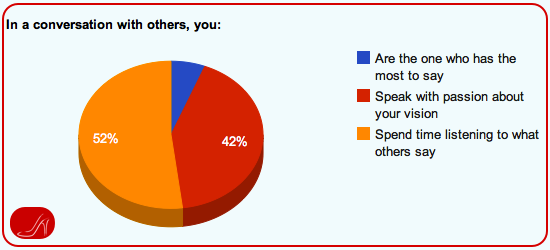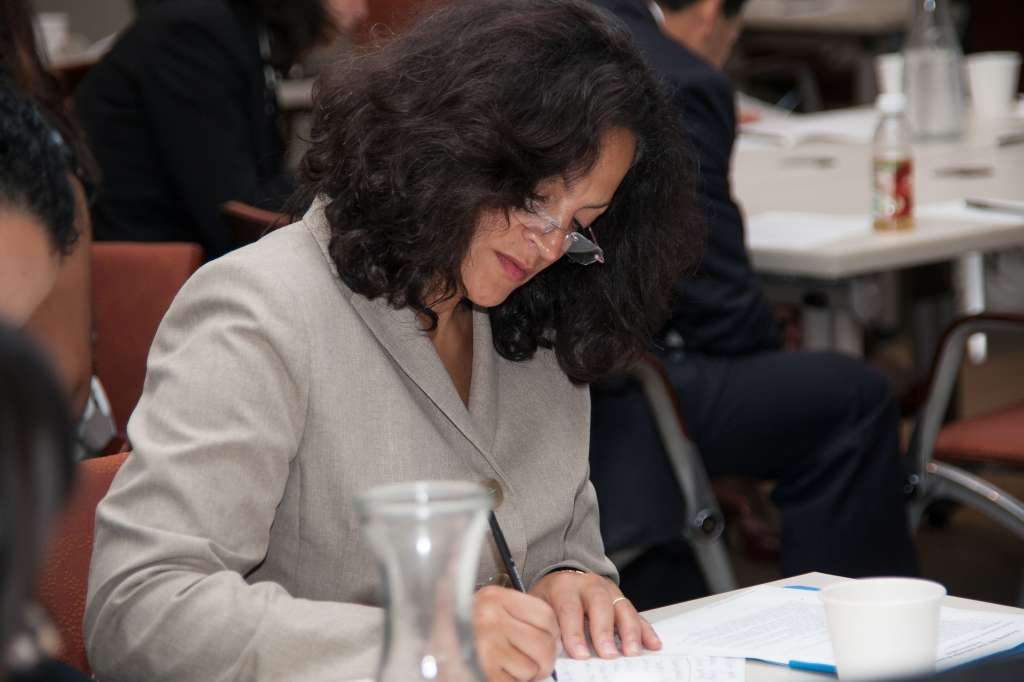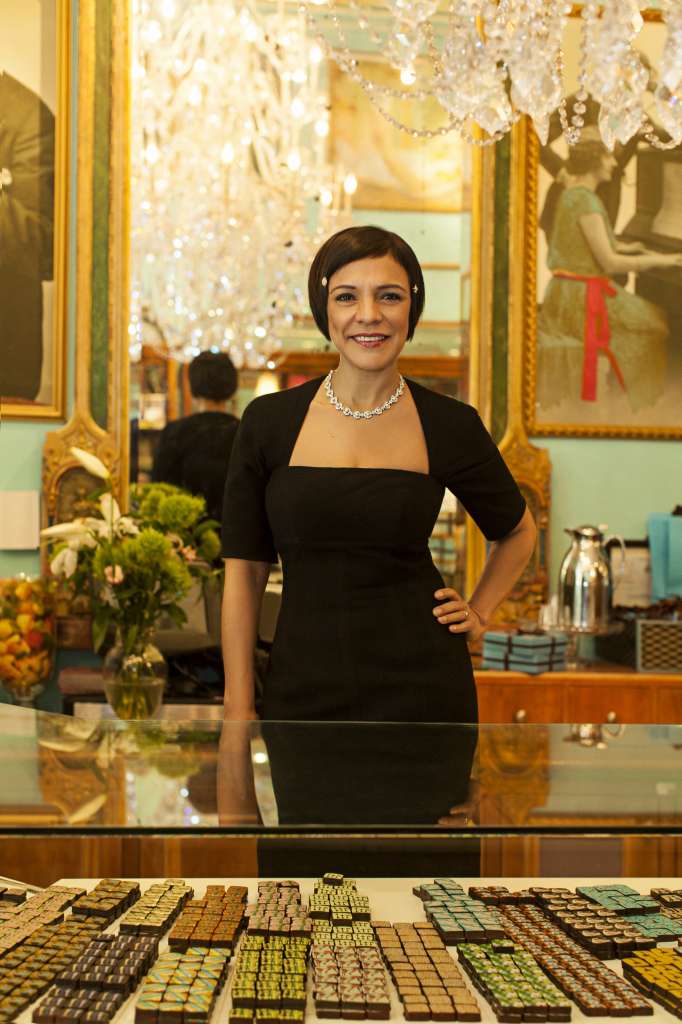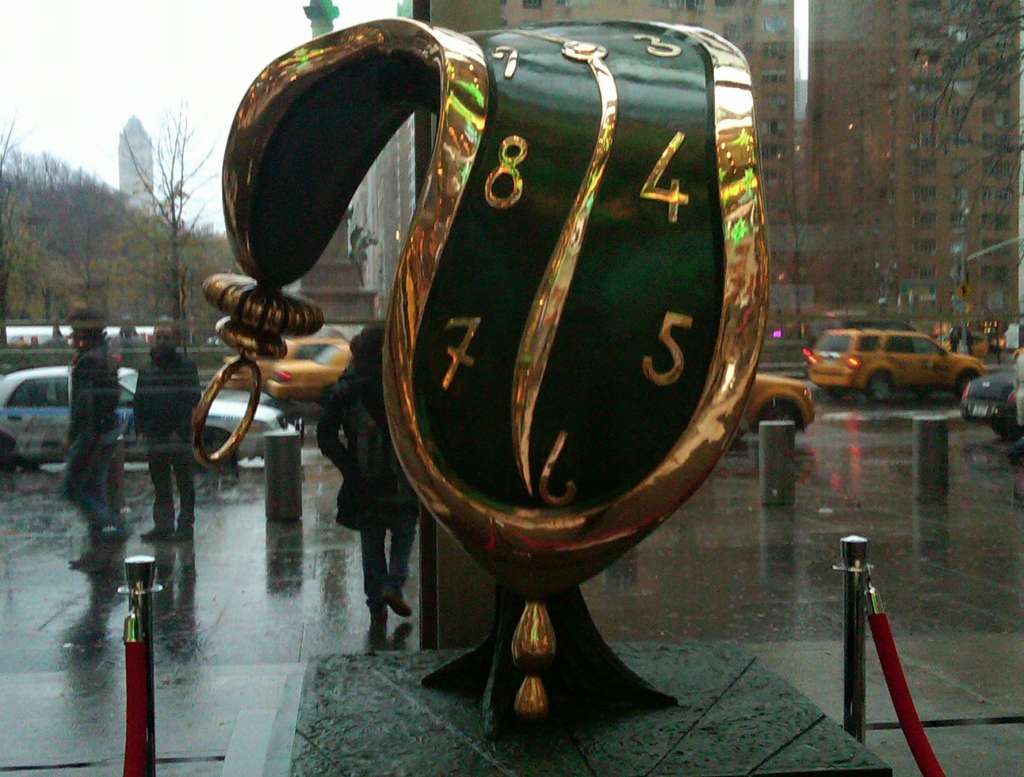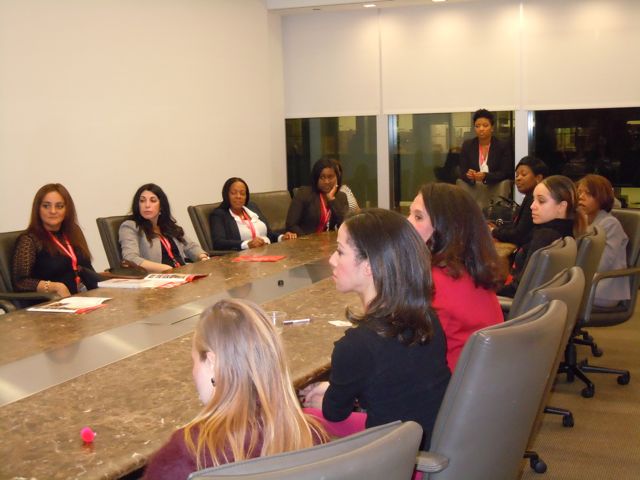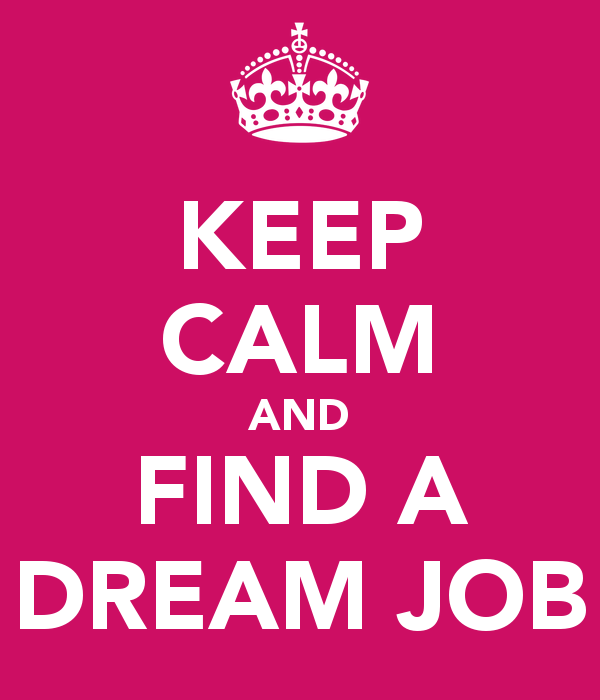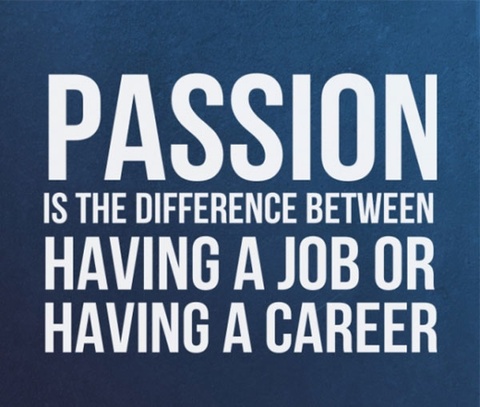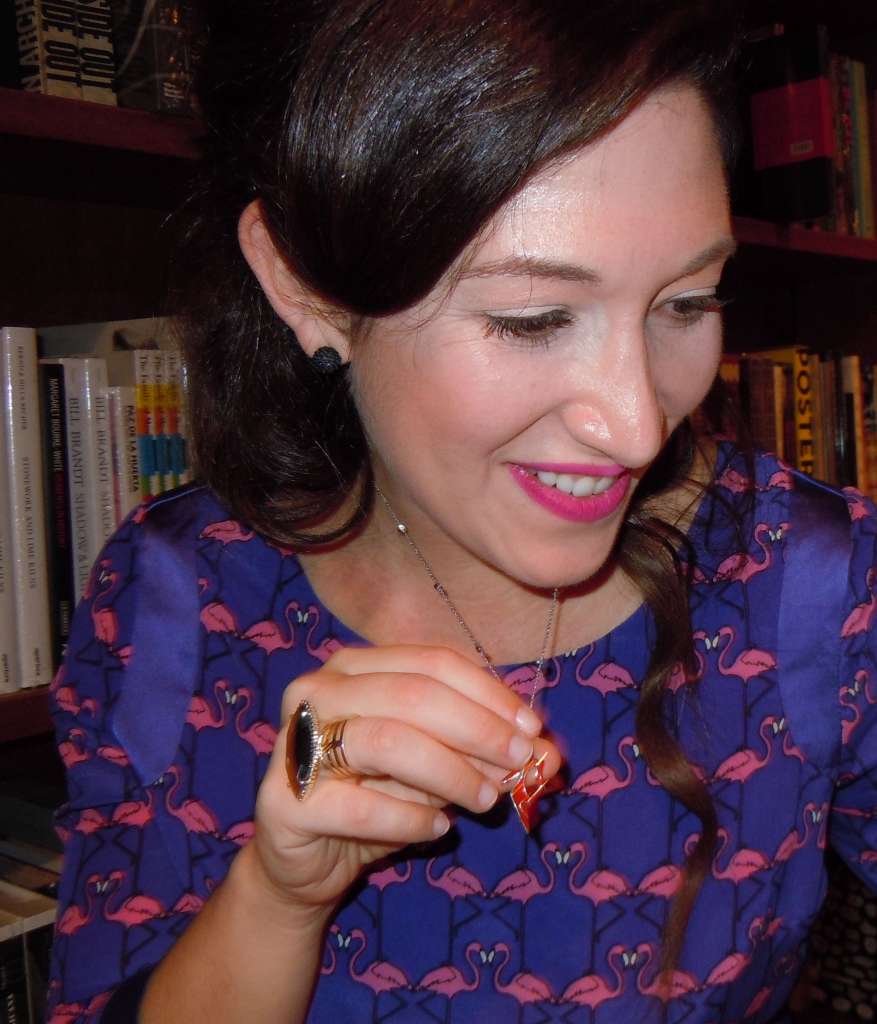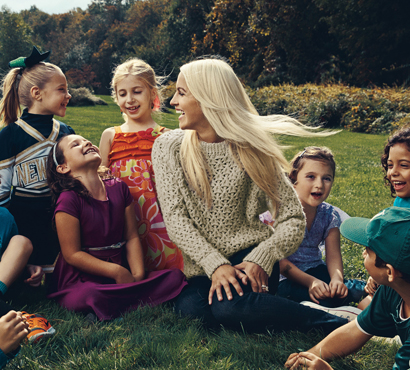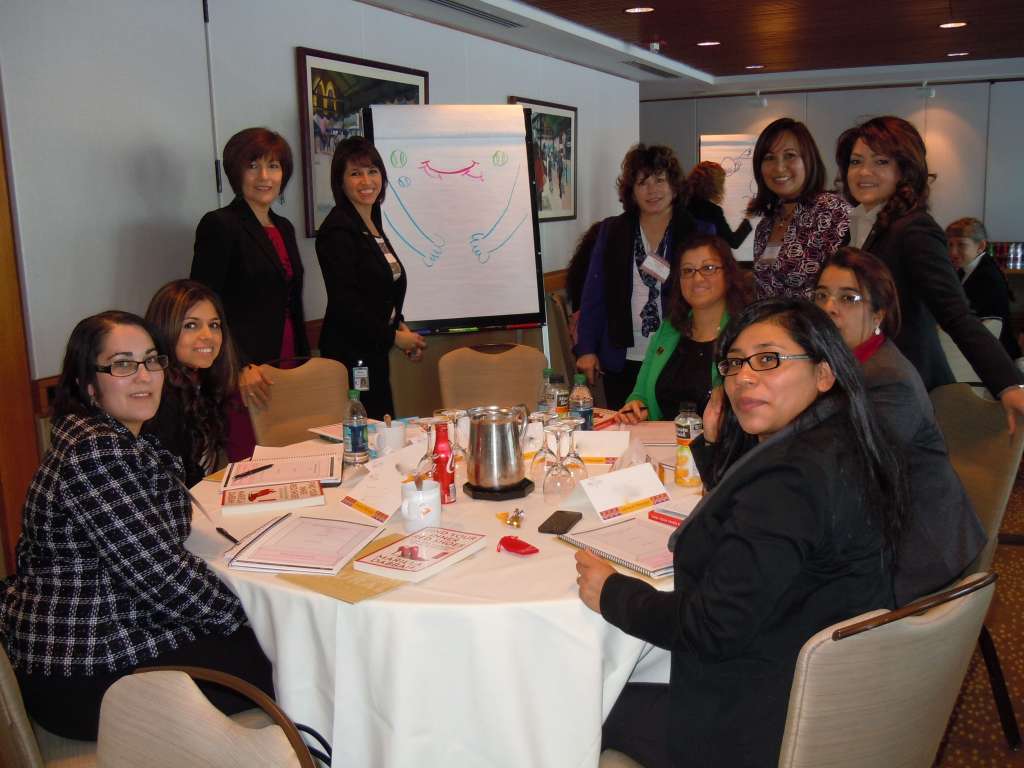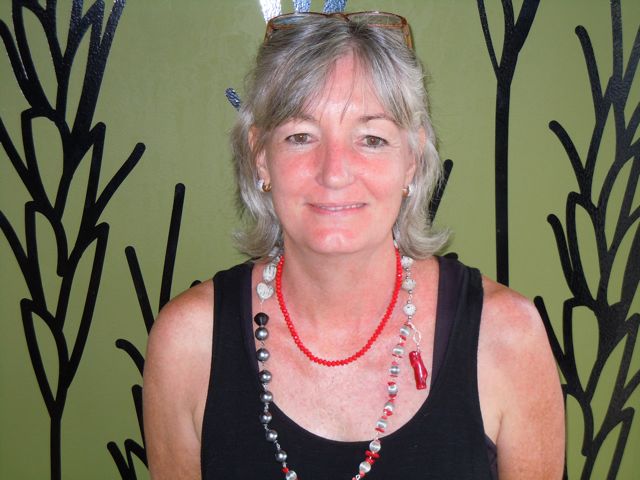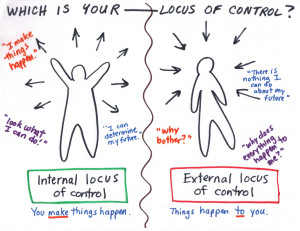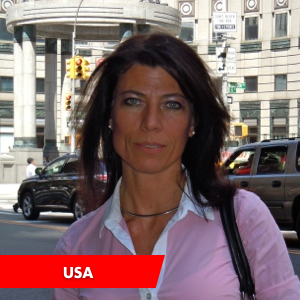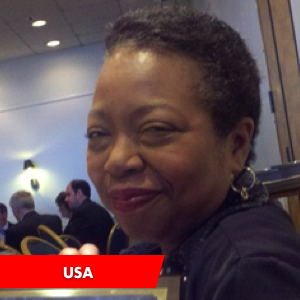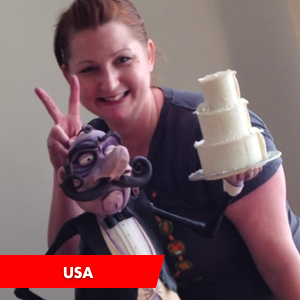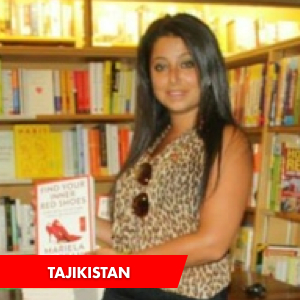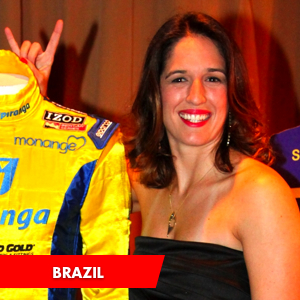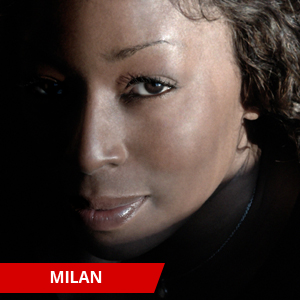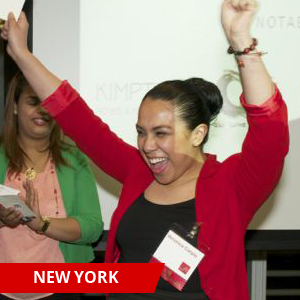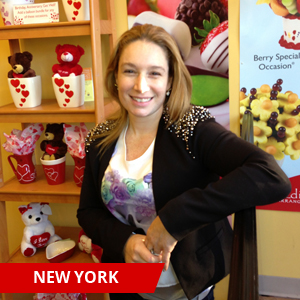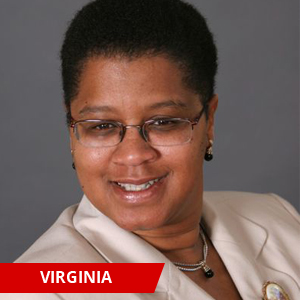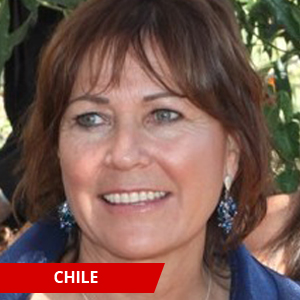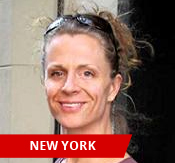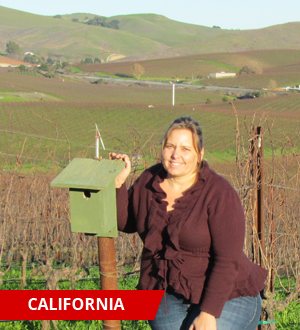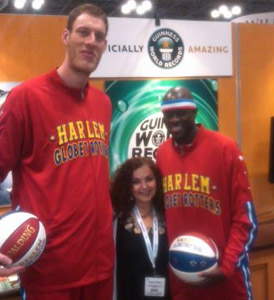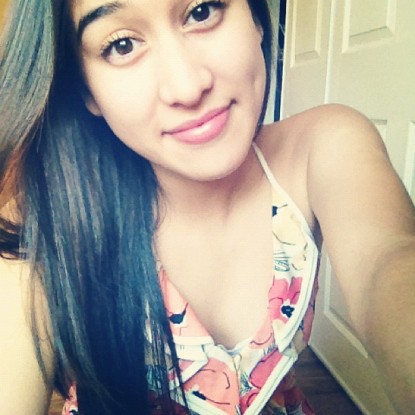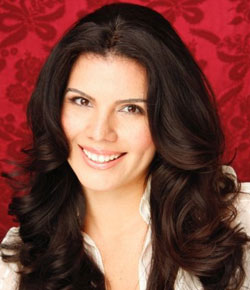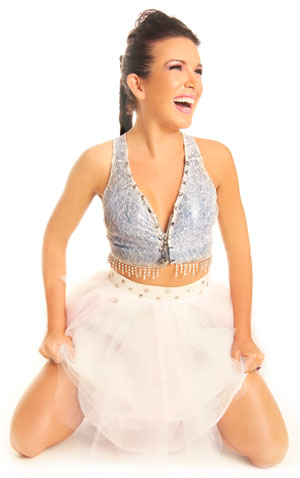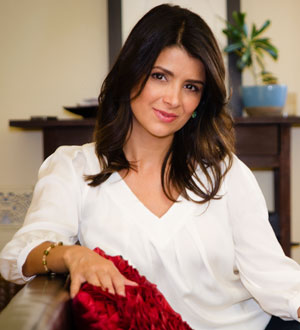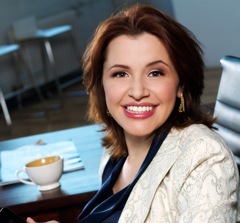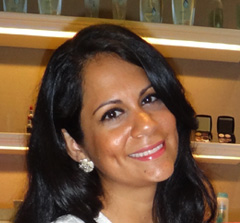So many of us grew up thinking that you need to have specific skills and talents to enter a career in STEM (Science, Technology, Engineering and Math.) That unless you are a nerd with a highly analytical and logical mind, you couldn’t enter the field. Today we interview a mother and daughter who prove our assumption wrong.
For the past 24 years, Judith (Jude) Hollingshead has developed perfumes for Olay, Pantene, Herbal Essence, Fabreze, Pampers and other P&G brands. Mind you, there are only around a thousand perfumers in the world.
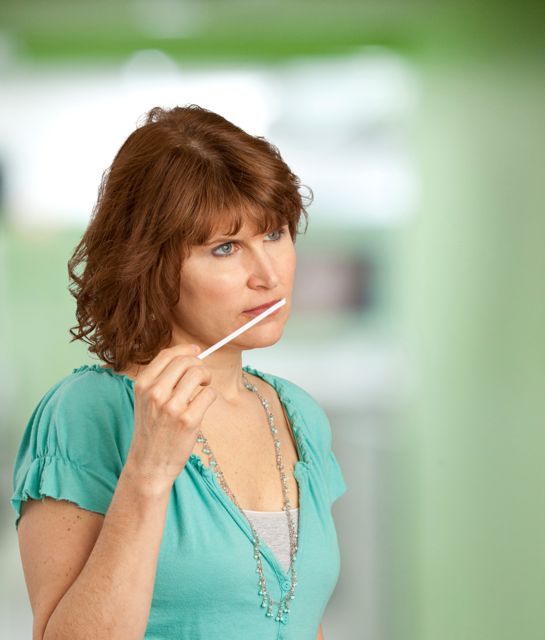
When I first met her I was curious about what skills and talents are required to be a perfumer and how does someone even decide to become one. The answer surprised me and I wanted to share it with you. See, Jude is not the stereotypical nerd most of us imagine would choose chemistry as a career plan. She was a piano player who studied Chemistry and became a perfumer. And most of it happened because someone saw skills and talents in her that she didn’t yet see.
Because she was always curious and willing to try new things she explored the possibilities presented by others and has had an incredibly successful career as a result. Along the way she has raised, as a single mother, two children. Her daughter Shealyn, a very artistic child, is now finishing her sophomore year as a student of Chemical Engineering at Ohio University – Russ School of Engineering. We talk to both of them about their unusual experience.
Skills and talents required for the job
MD- You are currently a perfumer at P&G. What skills and talents does your job require?
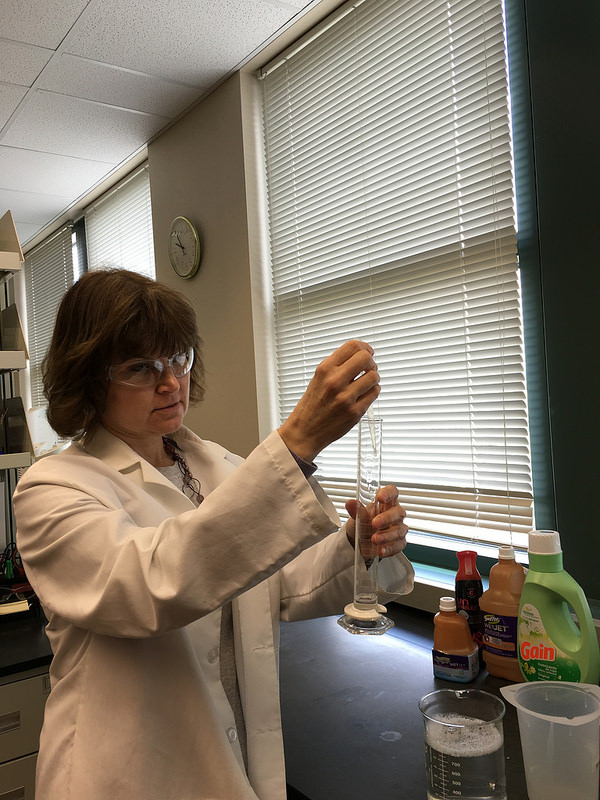
JH- Perfumery is a blend of Art and Science. A perfume is made up of a blend of
100’s of individual ingredients. A perfumer needs to understand how the ingredients’ smell and how they blend together to form specific odor. For example, an orange is made of materials XYZ, and an Apple is made up of materials ABYZ. A perfumist needs to understand how all the 1000’s of materials smell and how to combine them to achieve a specific and pleasant odor.
So the skill necessary to become a perfumist is, first and foremost, an excellent sense of smell. Another skill that is a close second in importance is the joy of smelling, and desire to constantly want to push out on the boundaries of what is possible. Most perfumers are never satisfied with the perfumes they make, they are constantly working on making them better.
MD- Did you grow up wanting to be a perfumer?
JH- I grew up in the Midwest in the USA. I had a very traditional family. My mother was a stay at home mom who managed the family and my father was a banker
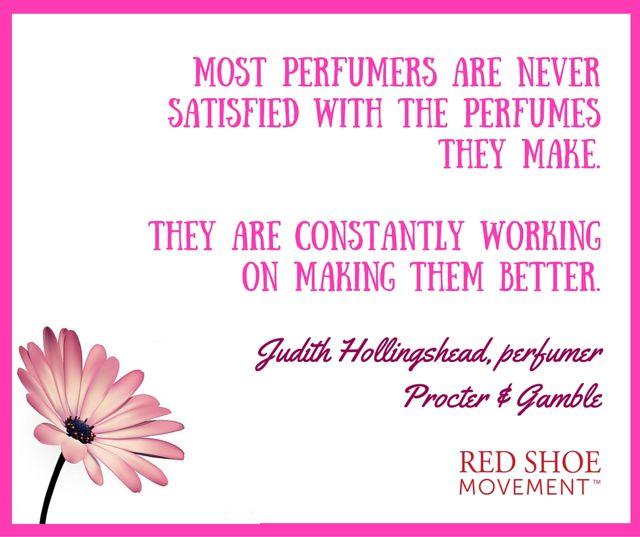
with a 9-5 job. I was not even aware that the career of perfumer was a possibility. In fact, I grew up not even thinking about having a “career” because I did not have very many role model females in my life for this. Throughout my childhood I studied piano, and as I got into my teen years I began to think about what I would do for the rest of my life. Since piano was such an integral part of my life it made sense that continuing to study music, specifically as a performance major in college, would be my course of action. And I pursued that thru about my senior year in High school. It was that year, that my High School Chemistry/ Physics teacher approached me to discuss my high aptitude for Chemistry, Math and Physic. And encouraged me to investigate this as career and major in College.
I am always up to trying new ideas so I began to investigate this direction as an alternative. I found the world of science that year and while I still play piano today and love classical music, I have never regretted becoming a scientist/Perfumer!
We can help you explore your interests and passions at any level of your career! Sign up for our Step Up Program!
MD- Which of the skills and talents needed to be a concert pianist could you transfer to a career in Chemistry?
JH- The most important skill that transfers from music performance to chemistry/perfumery is hard work, tenacity and the pursuit of perfection
As a performer you must work hard and practice constantly to get a piece to perfection. This is the same for perfume experiments. We are constantly reworking the blend of ingredients to make the perfume the most perfect execution of the idea that we have in our head.
Both represent a sensorial experience. A piano performance is an auditory sensory experience and a perfume is an olfactive sensory experience. And both should give the receiver of the experience a sense of pleasure and enjoyment.

MD- What exactly did you think you’d do in this field?
JH- My high school teacher was a huge influence to help me understand I had an aptitude for the hard sciences and the job opportunities that were available.
I realized that while I could always have music with me, that science was a new pursuit I would have to learn.
In college, I fully immersed myself into my science studies, I was not sure what I wanted to do, but as I went to Graduate school to pursue my doctorate, I started working in the area of superconductors and semi –conductors. This was an emerging area, and I loved the research.
It was only after I finished graduate school and started to investigate potential companies that the idea of becoming a perfumer became an option.
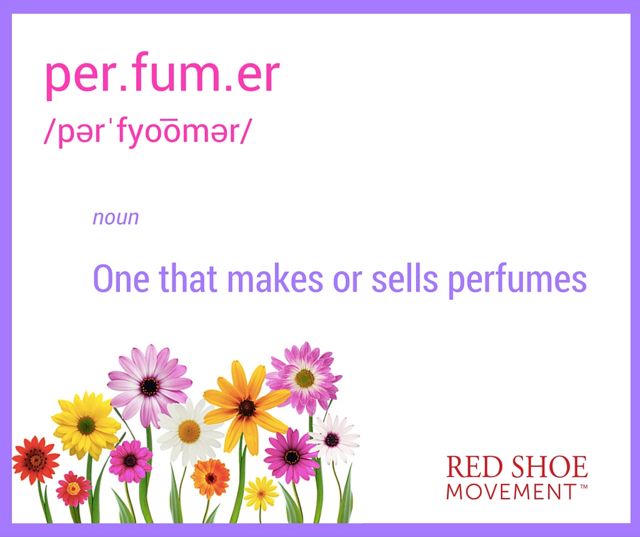
As part of the job placement services at Iowa State University, our resumes are posted for recruiting companies to review and request interviews. Procter and Gamble chose me to interview. I had no intention of seriously considering working for P&G because they did not do work research in the area I had focused on in my studies. I was frankly surprised that they even wanted to interview me.
The interview took a strange turn as the interviewer did not ask me about my research or my work in chemistry, as was the case with all my other interviews. He continually probed me on the hobbies I listed on my resume: playing piano and needlework.
I finally asked him about this and he told me that P&G was interested in someone with a strong scientific background and with a strong interest, skills and talent in artistic, creative endeavors. He explained the job of perfumers, and I was immediately intrigued by the idea of being able to use both my creative, artistic side and my technical work. I loved the idea so much I took the chance and shifted my career to perfumery.
Here's a post about an orthopedic surgeon "I find my passion in the most unexpected places."
Like mother like daughter
MD- Shealyn, you are finishing your sophomore year in college. You’re studying Chemical Engineering but you also have the skills and talent to follow an artistic career. What made you decide to give engineering a shot?
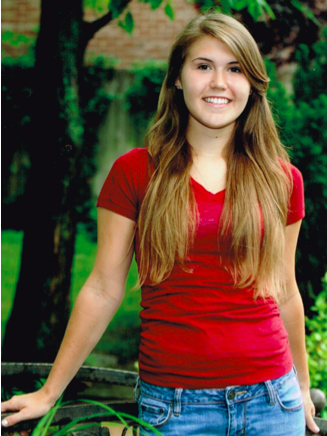
SH- My mom was very persistent in showing me that I would exceed in my academic endeavors as a woman in STEM even though she knew I would be successful in the art field. What really persuaded me to turn my attention to STEM was that she showed me a Ted Talk by Debbie Sterling about a woman in the engineering field. This Ted Talk was about how Debbie created a children’s toy for young girls that will inspire them to build and create like most boy toys that are currently sold today. Her point was that most girl toys, like Barbie’s, teach girls at a young age to focus on building relationships not physical things.
Deb’s talk discussed her struggle to get through school as a woman in STEM, and then on getting her toy design to the market. This Ted Talk really caught my attention, and I decided that I should give STEM a shot because I have the creative ability to innovate. I just needed to apply this ability to a more advanced curriculum to create/innovate more practical inventions that I believe can have a larger impact on the world.
MD- Jude, what are some of the aspects of your career that you love the most?
JH- In my job I get to develop a perfume that is used by millions of consumers. I consider myself very lucky to be able to touch peoples live and make them more enjoyable. I love the ability to work on perfume design for our products. A tremendous amount of effort goes into making sure the right perfume gets combined with the right product at P&G. In addition to that, in other parts of my job, I get to also work on technical upstream research this allows me to use my technical scientific talents. I have the best of both worlds.
Skills and talents needed to enter a career in STEM
MD- From your own individual experiences, what recommendations do you have for young women and their mothers regarding careers in STEM? Do people need to have a specific set of skills and talents or should a wider range of women give careers in STEM a try?
JH- Having a career in the STEM field can be exceptionally rewarding and I believe we need more women to bring their viewpoints to the problems of today. So many women are brought up to believe that they are nurturing, caring or creative and that this is the direct opposite of STEM. It is a misconception that STEM careers require highly logical and analytical mindsets. In reality, we need MORE highly Creative people to be trained in STEM to develop new Inventions and solve today’s problems in NEW and CREATIVE ways.
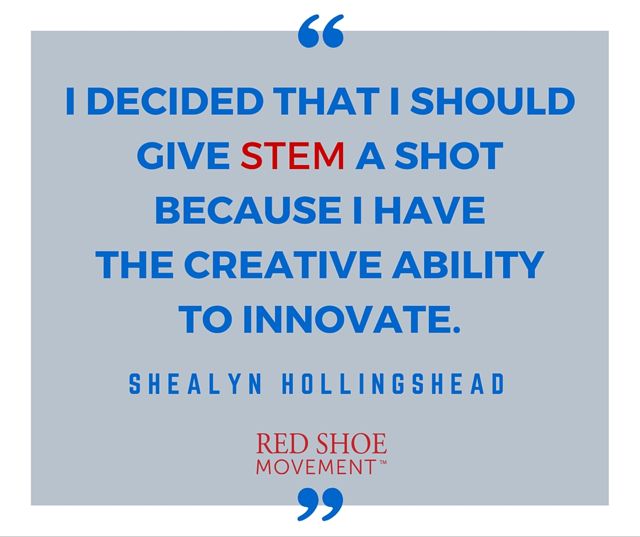
Another post on finding your passion with your nose you'll love.
SH- When I talk to young women who are considering going into the STEM field, the first thing they ask is, “how hard is the schooling and the work?” It took me aback the first few times I heard this because I never considered this when I chose Chemical Engineering. Maybe this was because my mom is a woman in STEM and my whole life I saw how possible it was to succeed in this field. I never considered the difficulty. But being asked this many times has given me the chance to really consider how to answer this question. It has led me to my most common recommendation for young women:
Whatever you choose to do for your education and/or work life is going to be difficult whether it is STEM or not. It is going to take a lot of work and effort to be successful in any field you choose. So, if you are interested in STEM fields, go for it!
My experience has been that every class I have taken has been nothing but foreign and intimidating to me. The only way to get through it is to just apply yourself and do the work. Eventually, it won’t be so foreign and intimidating. After working thru a class for 15 weeks, by the end, you will be close to mastering the material if you put in the work. I strongly believe that a wider range of women should give STEM a try, especially if you have any interest in science, math or technology.
I would never recommend it, however, to someone who has no interest in these topics.
You can connect with Jude Hollingshead via email at Hollingshead.JA@pg.com or on Linkedin: Judith Hollingshead.
She shares her artistic endeavors (weaving, sewing quilts, knitting and other lace making techniques) on her Instagram: Judeh22
You can reach Shealyn Hollingshead at: ShealynHollingshead@gmail.com or on Linkedin under Shealyn Hollingshead.



